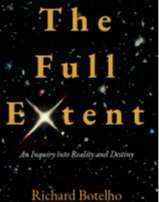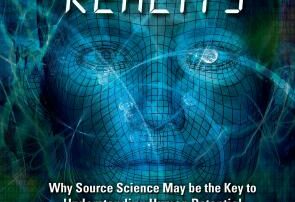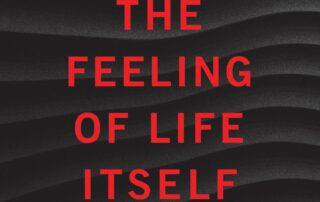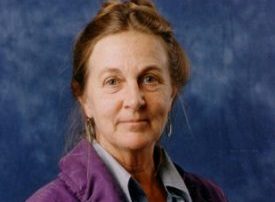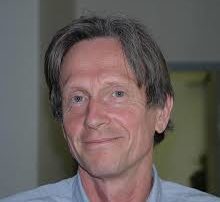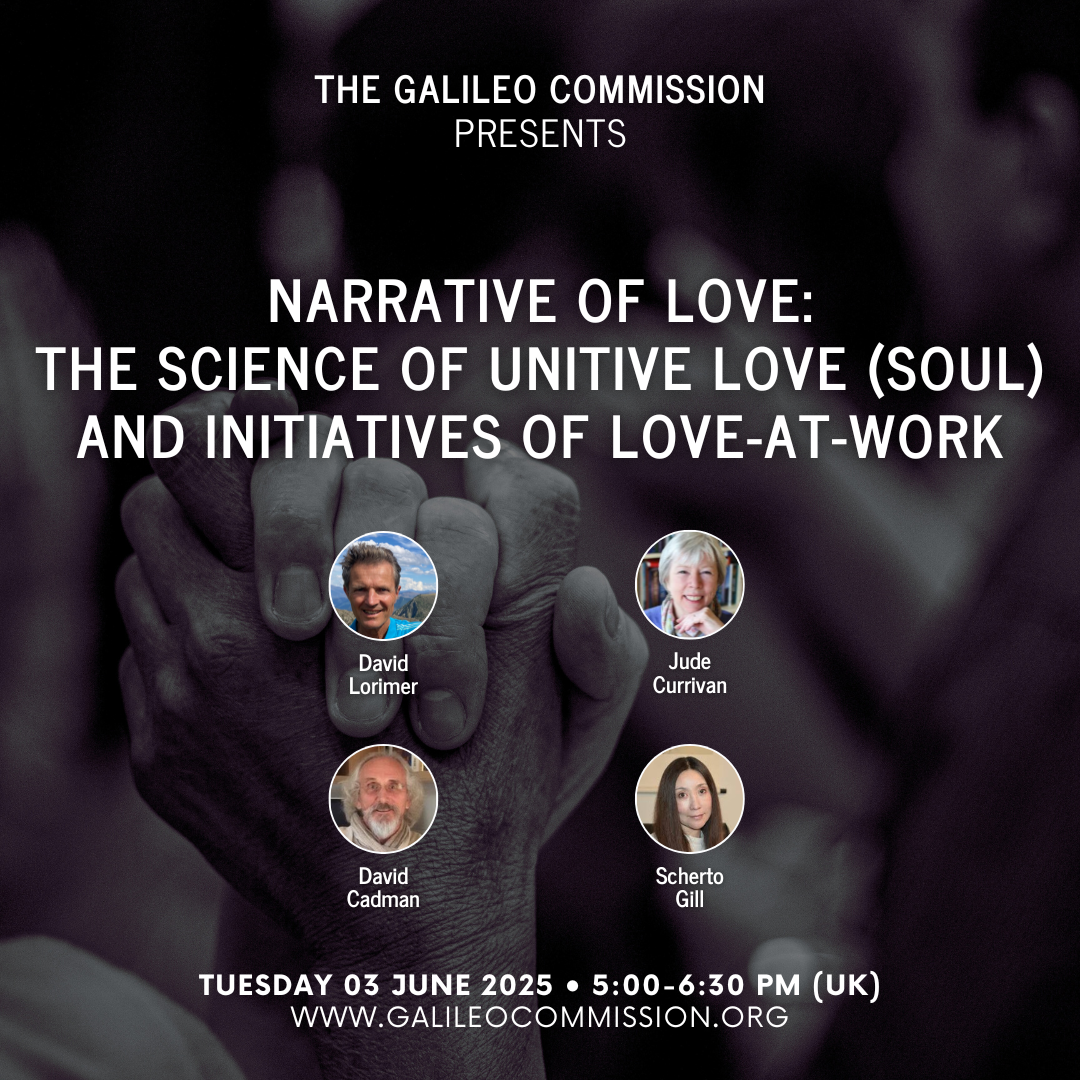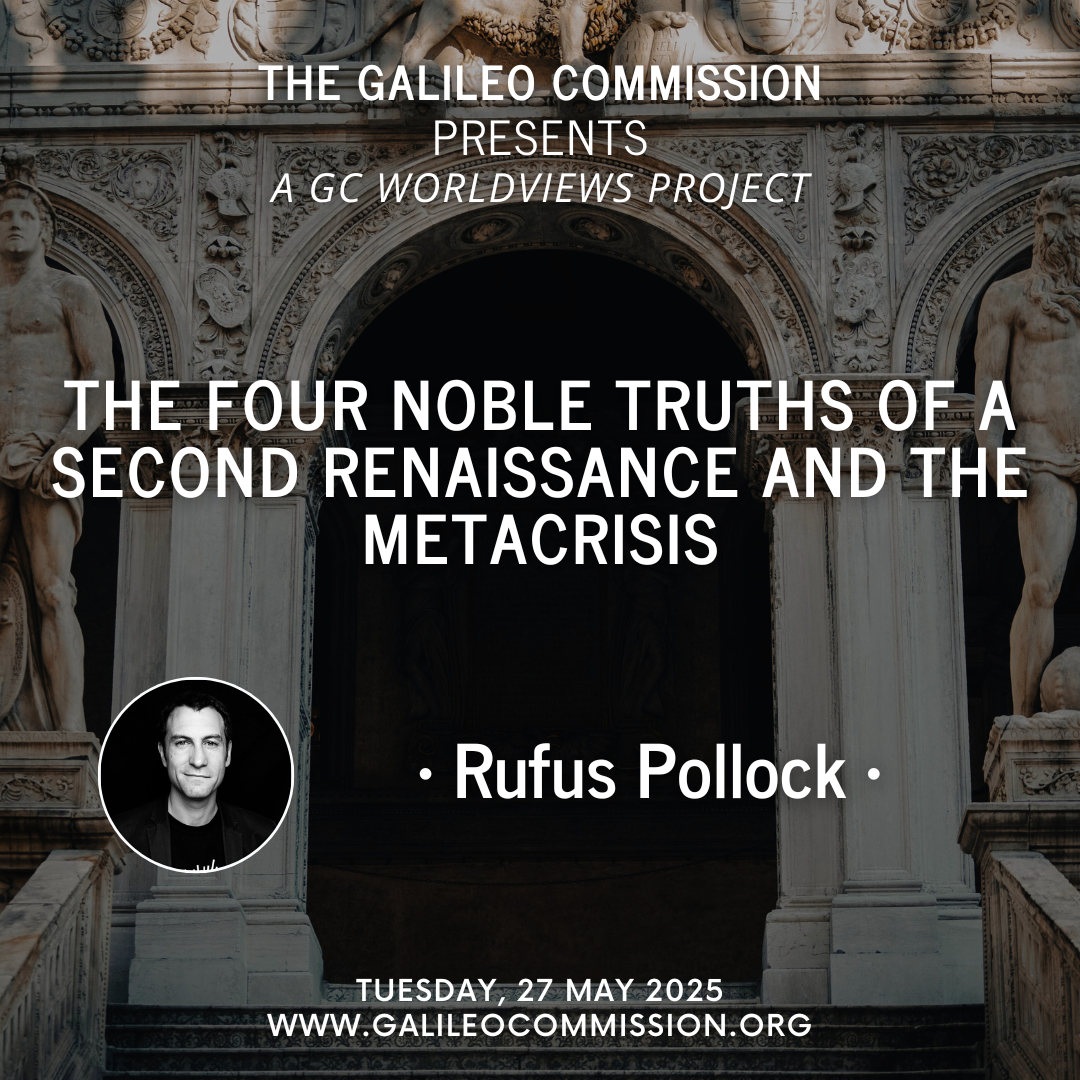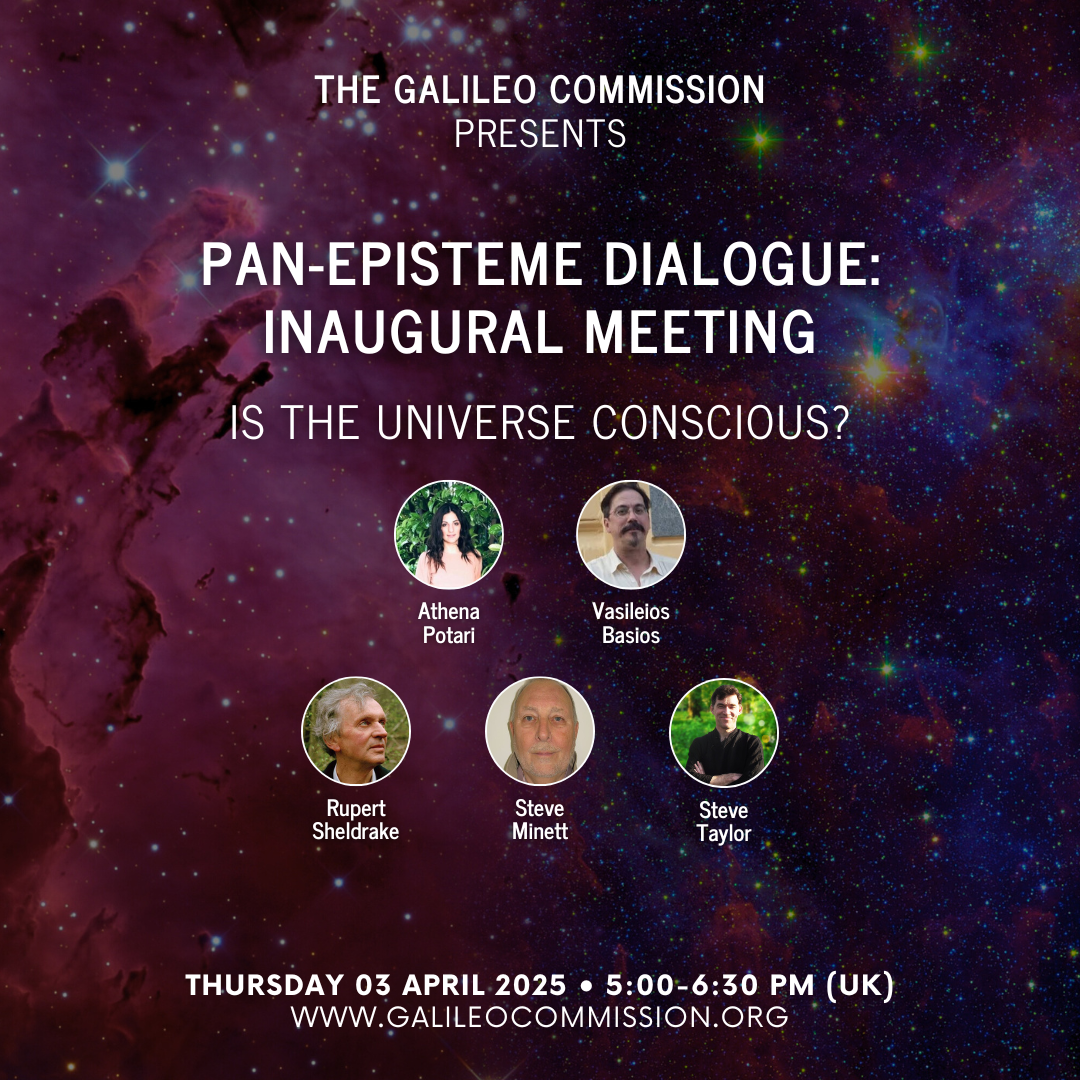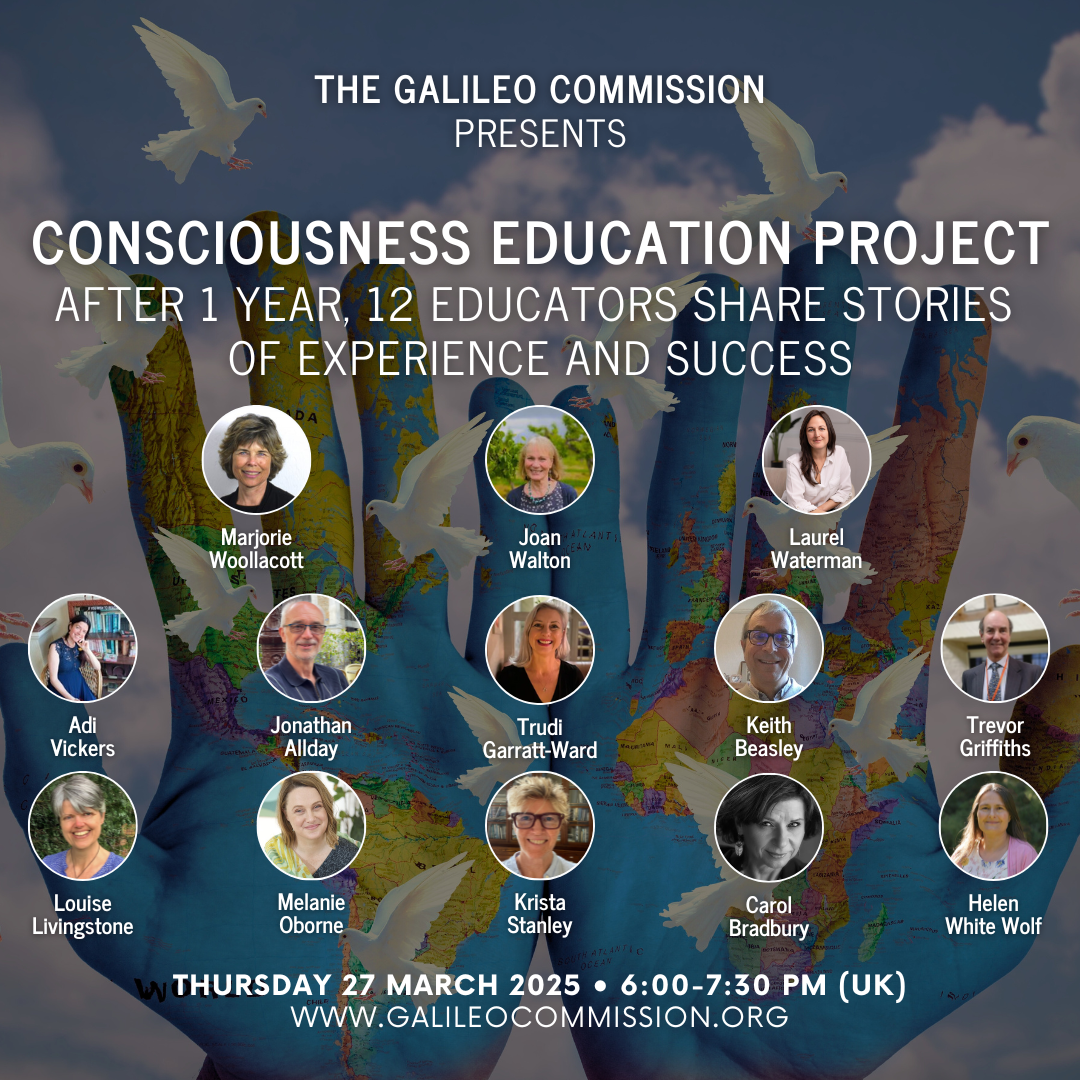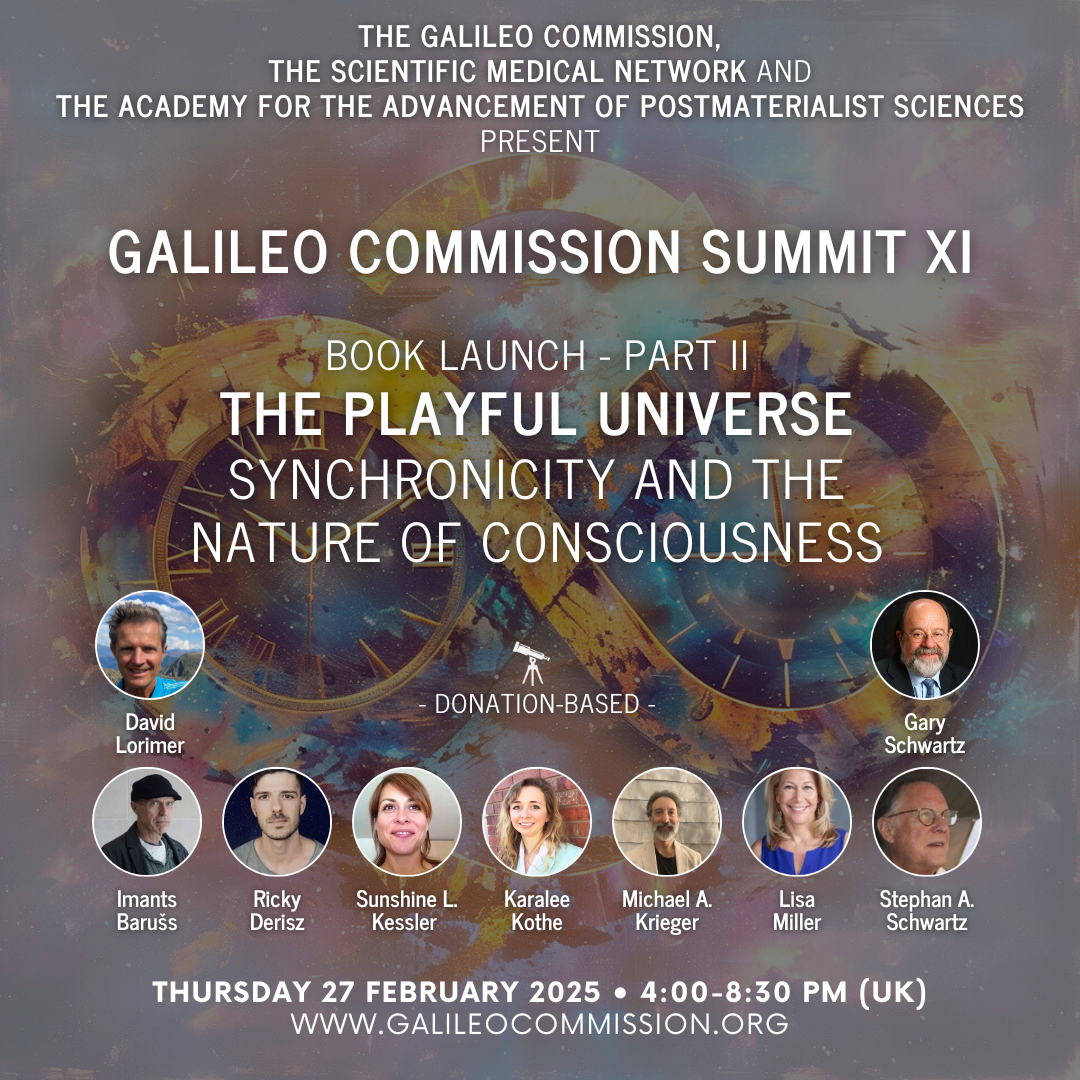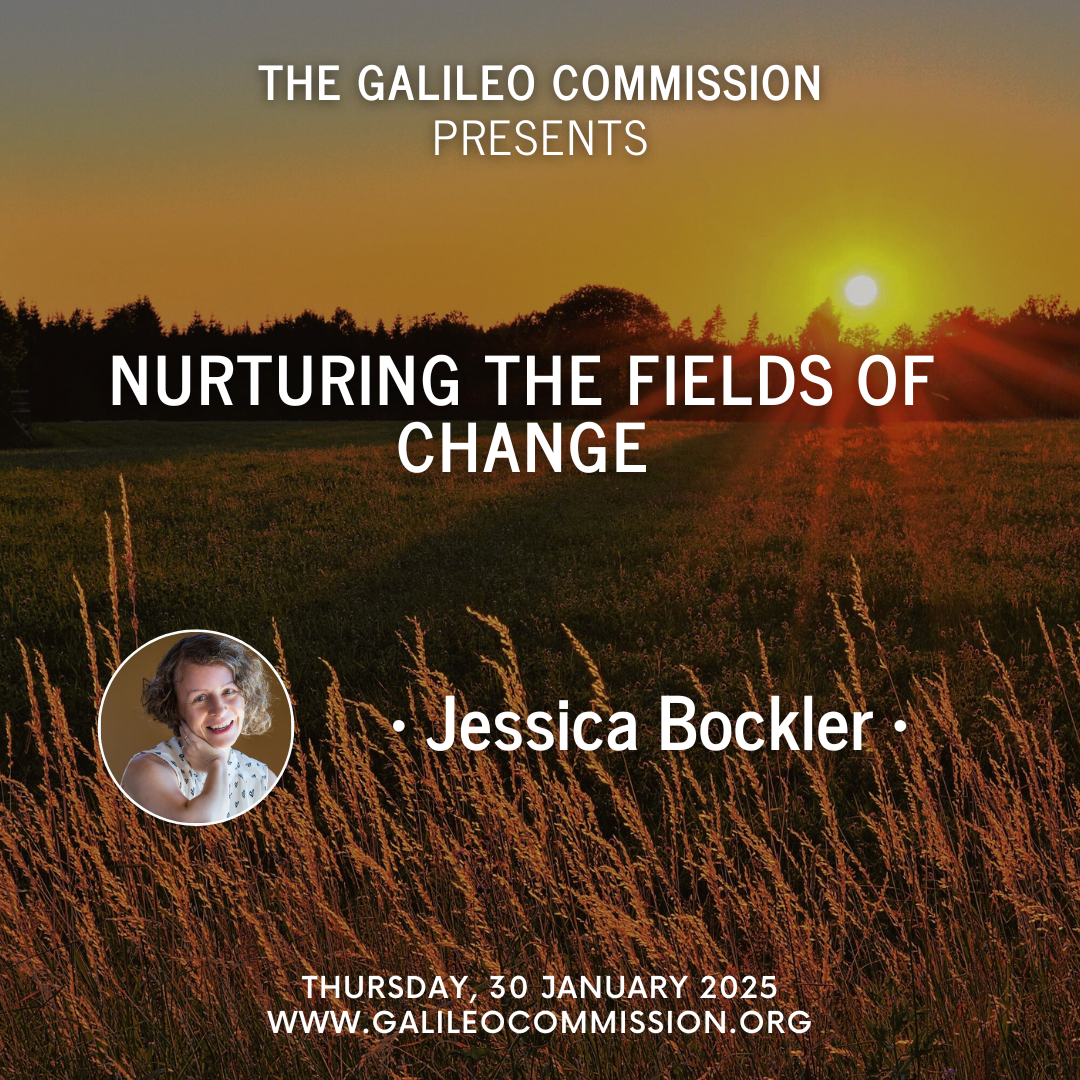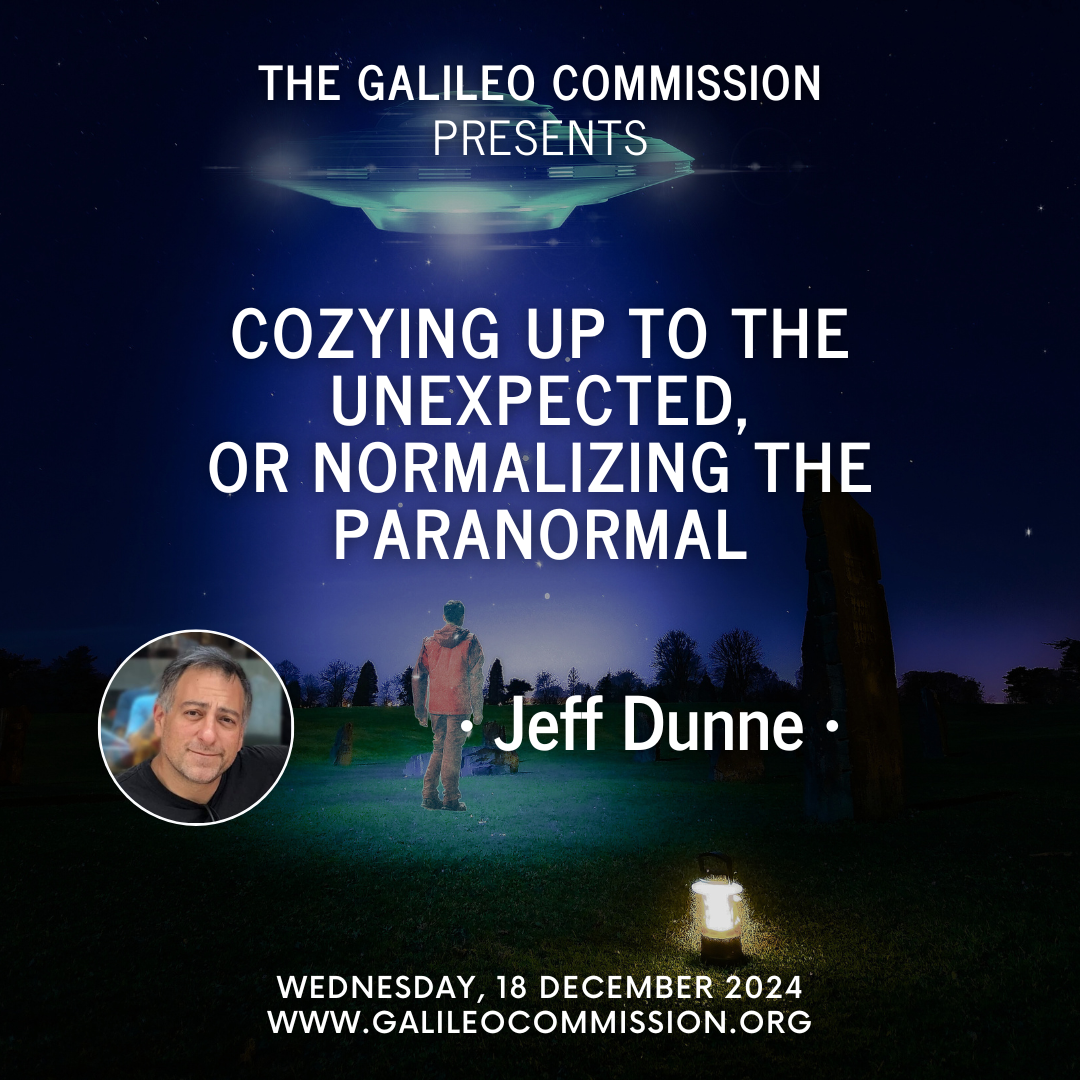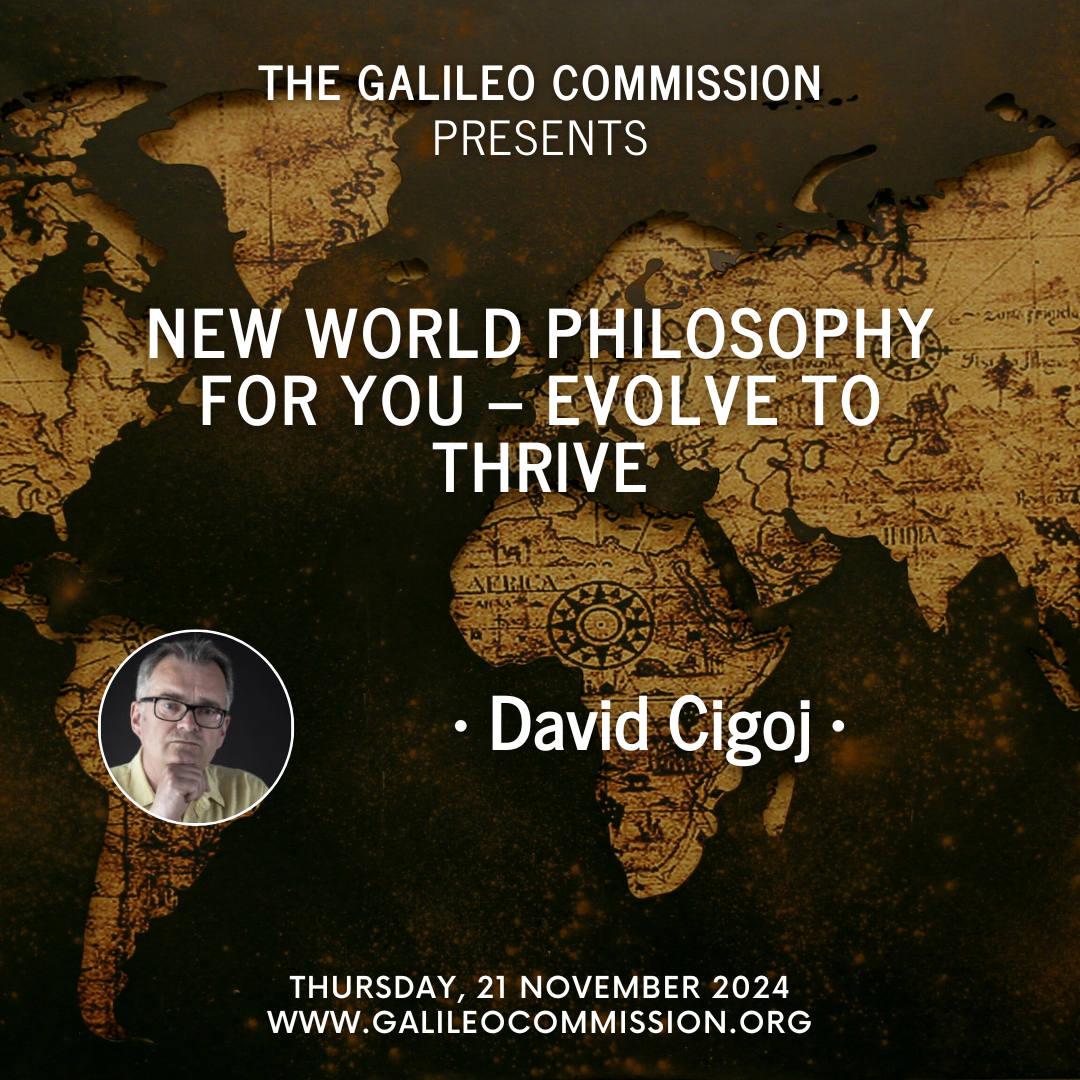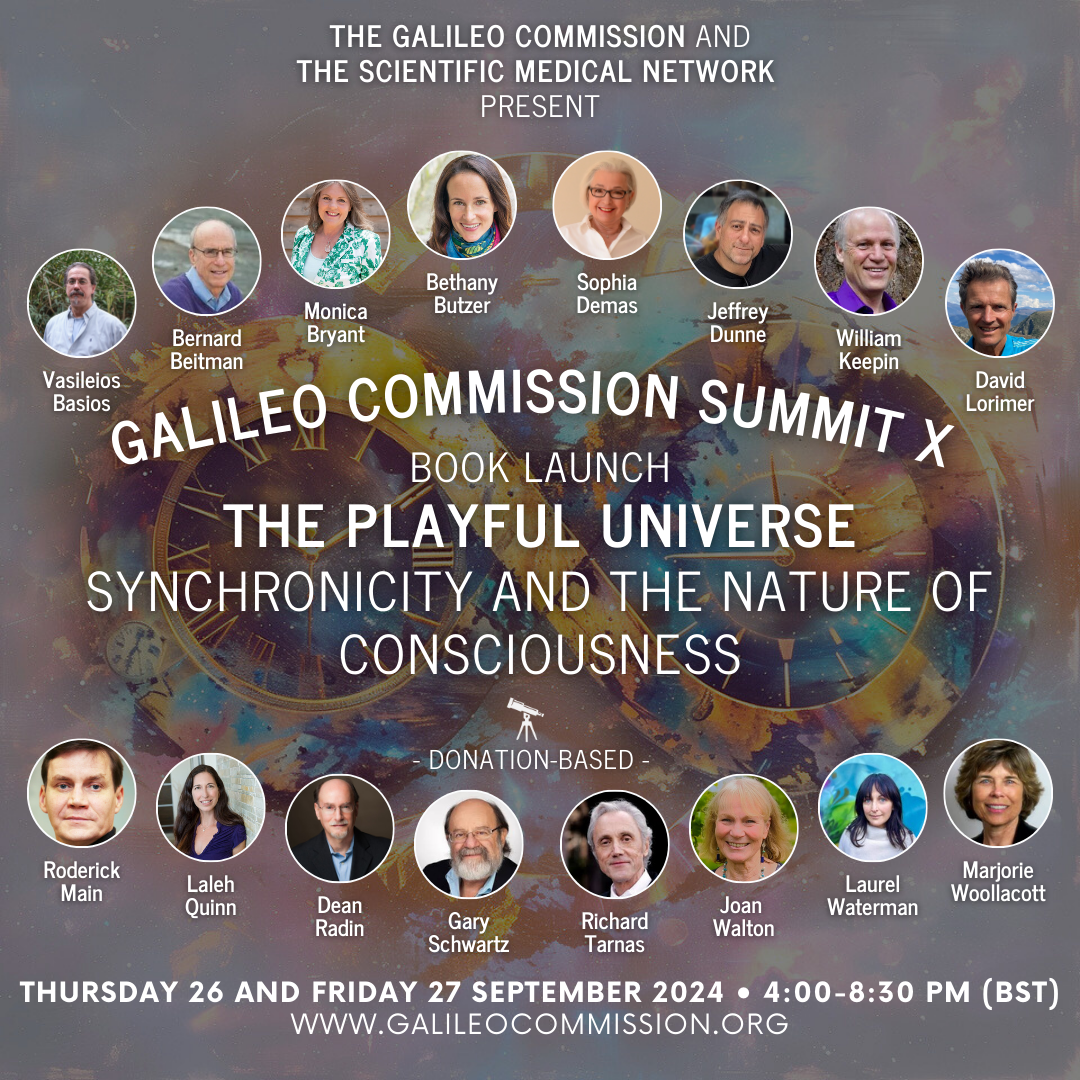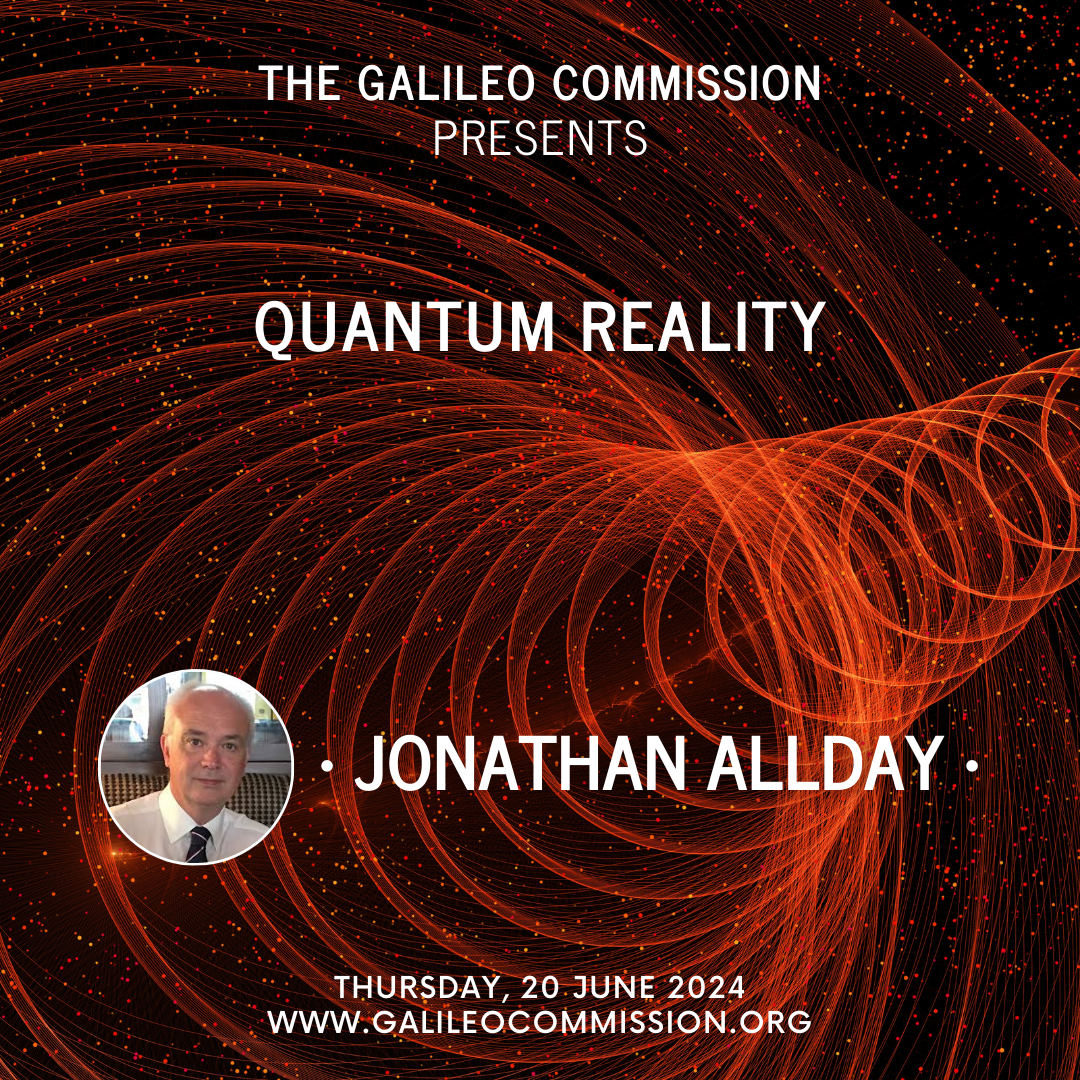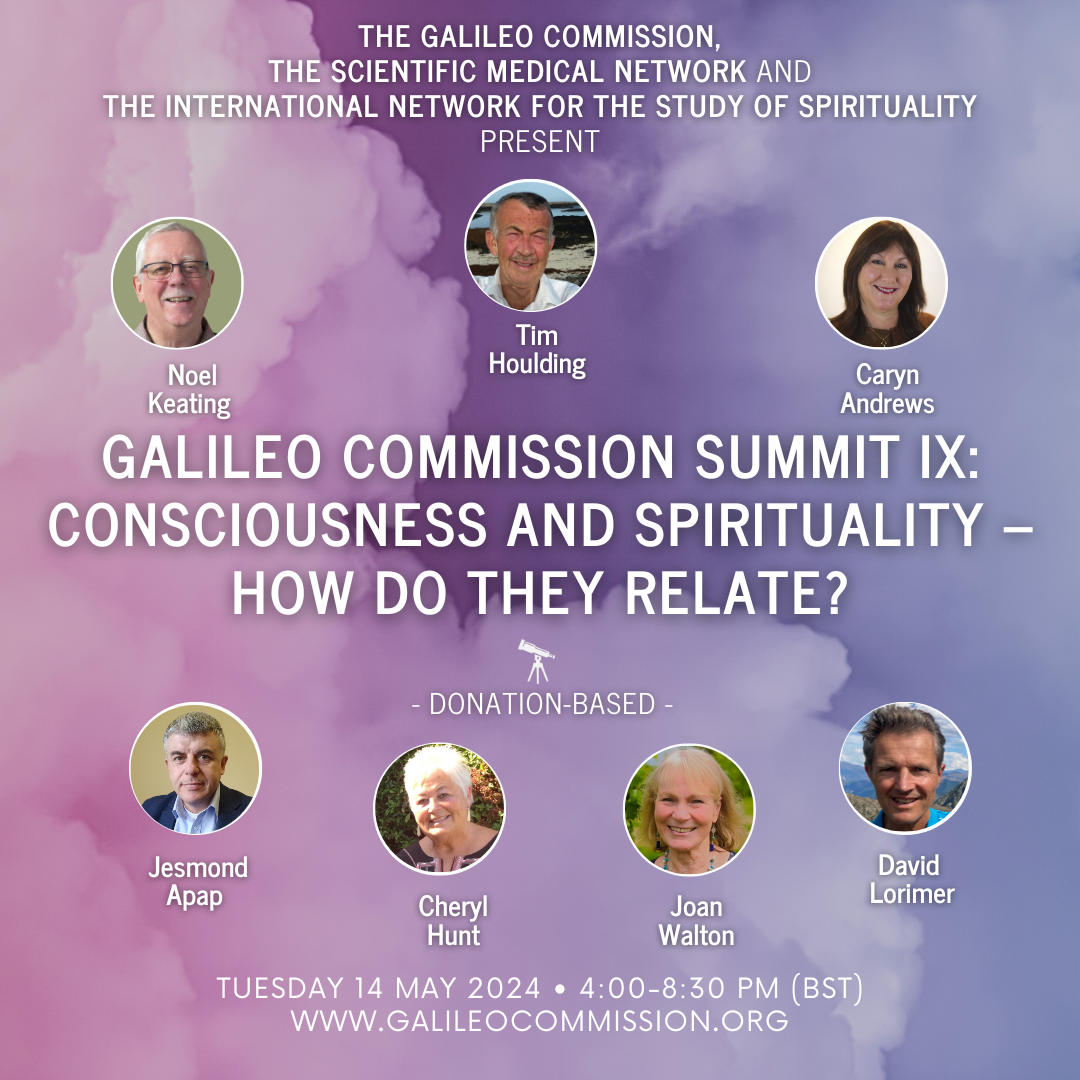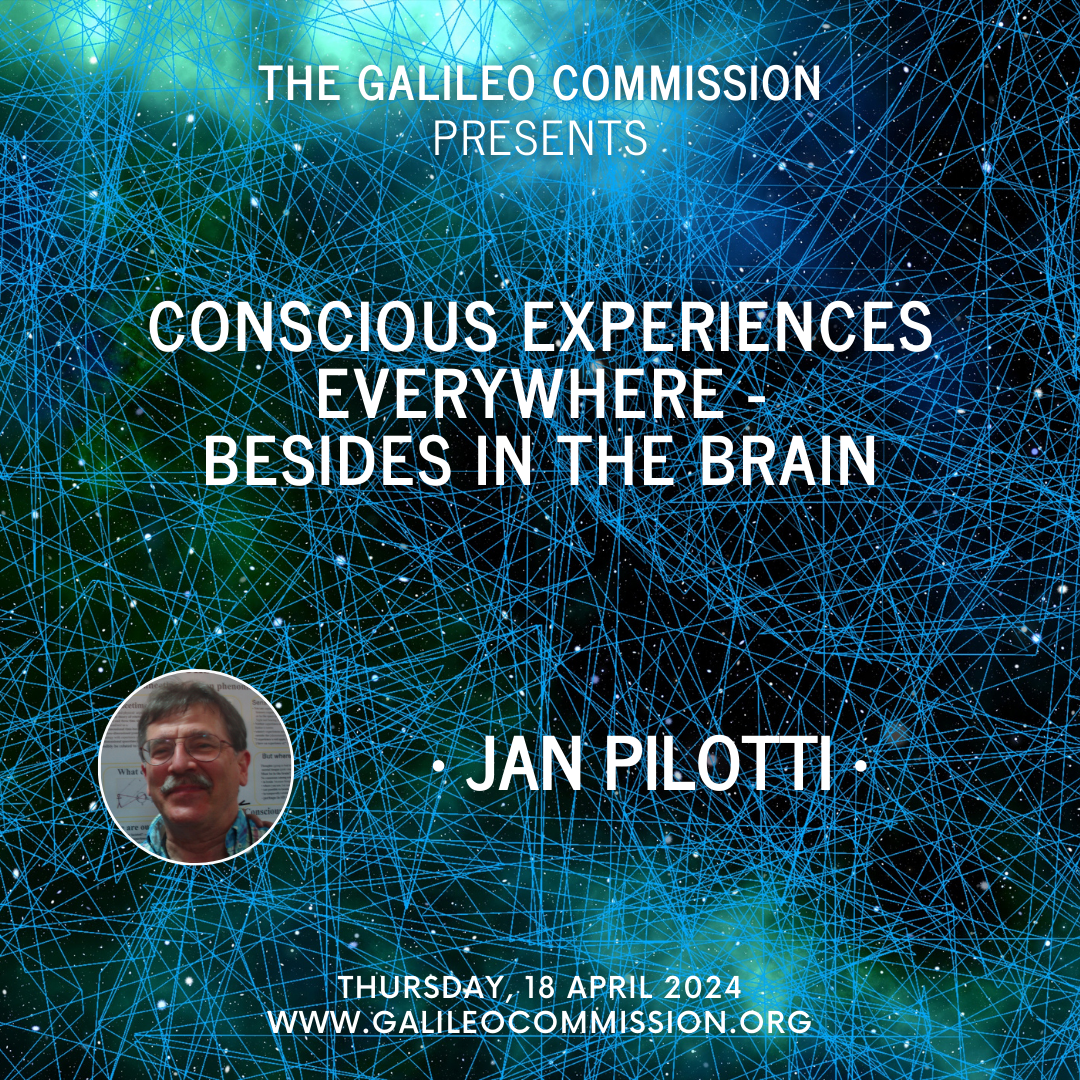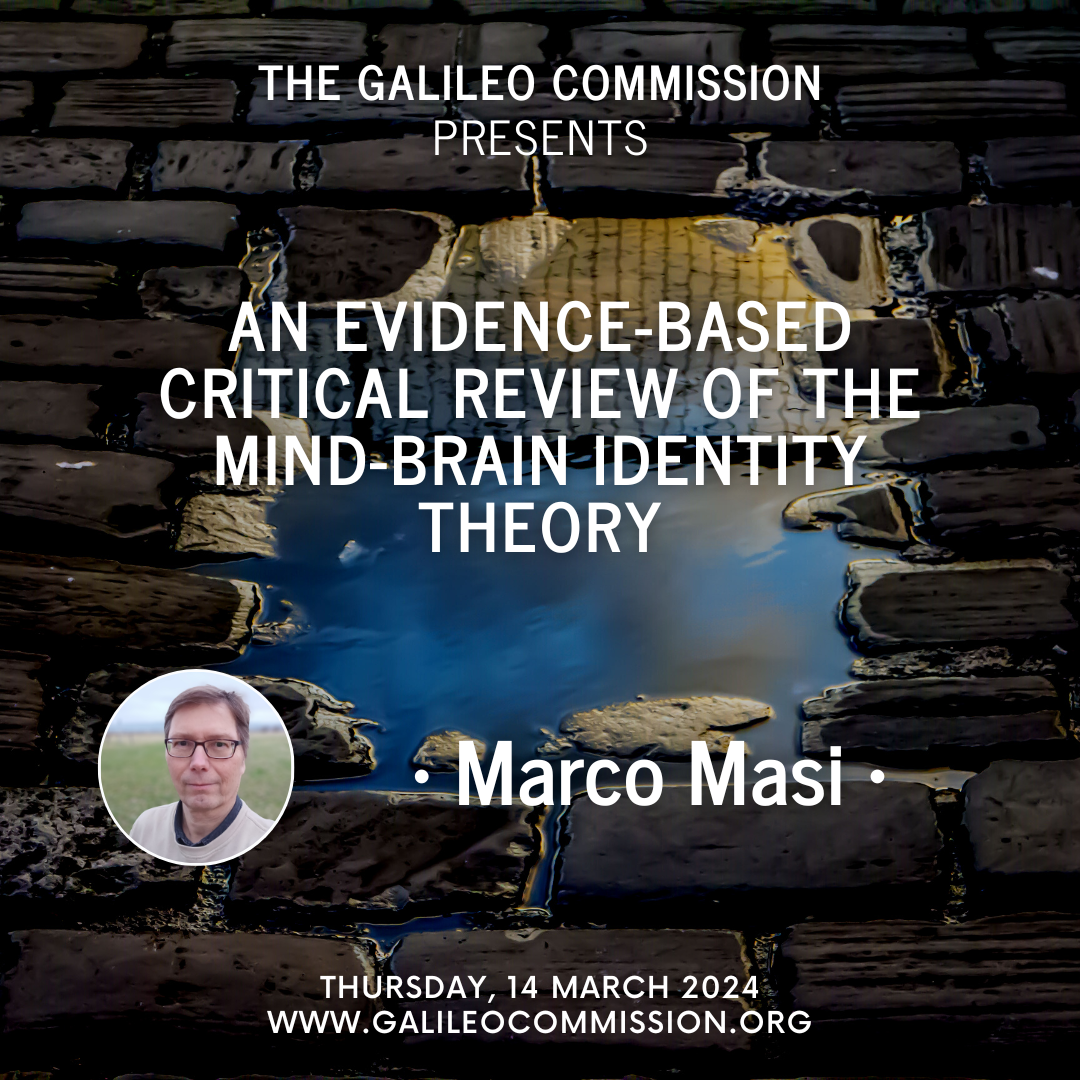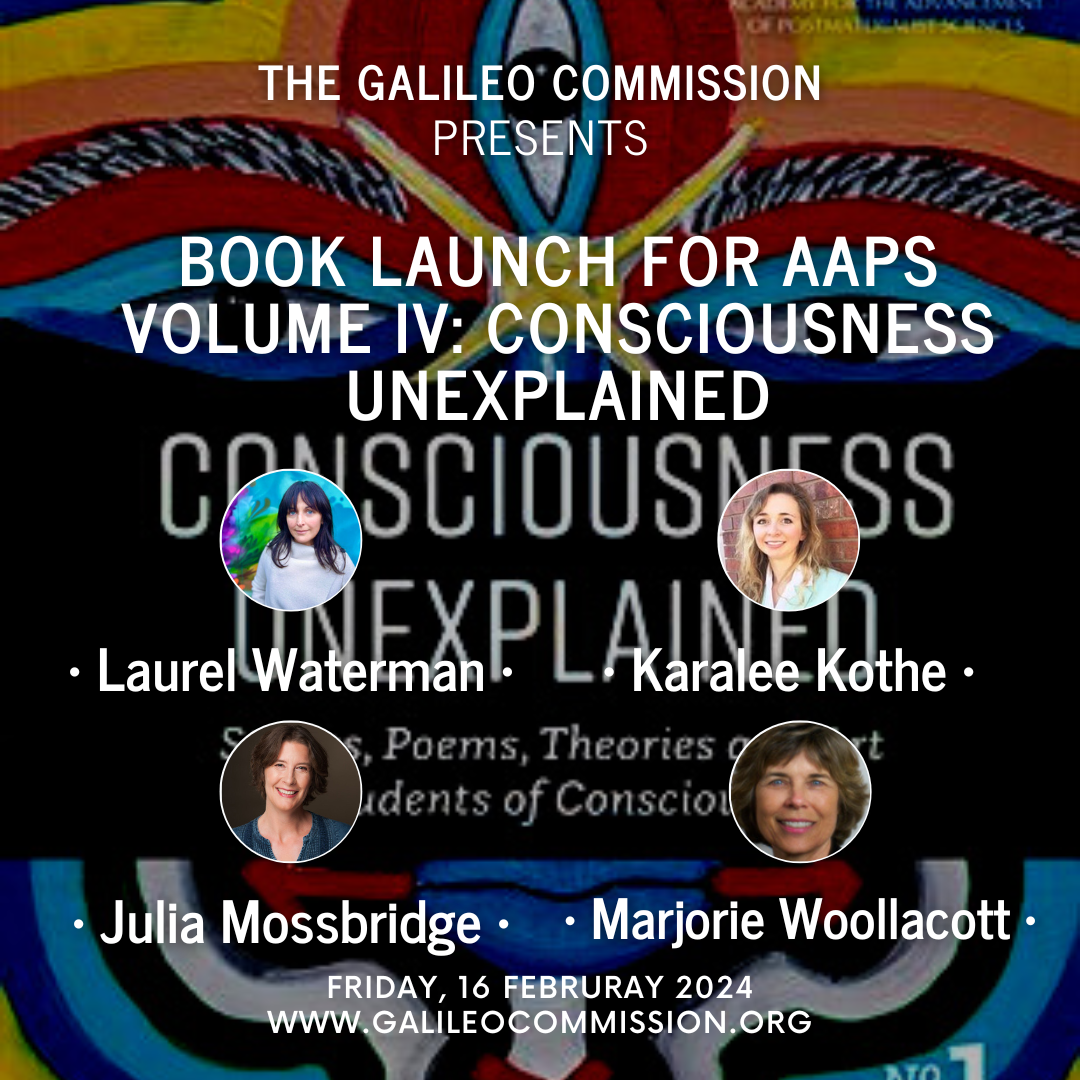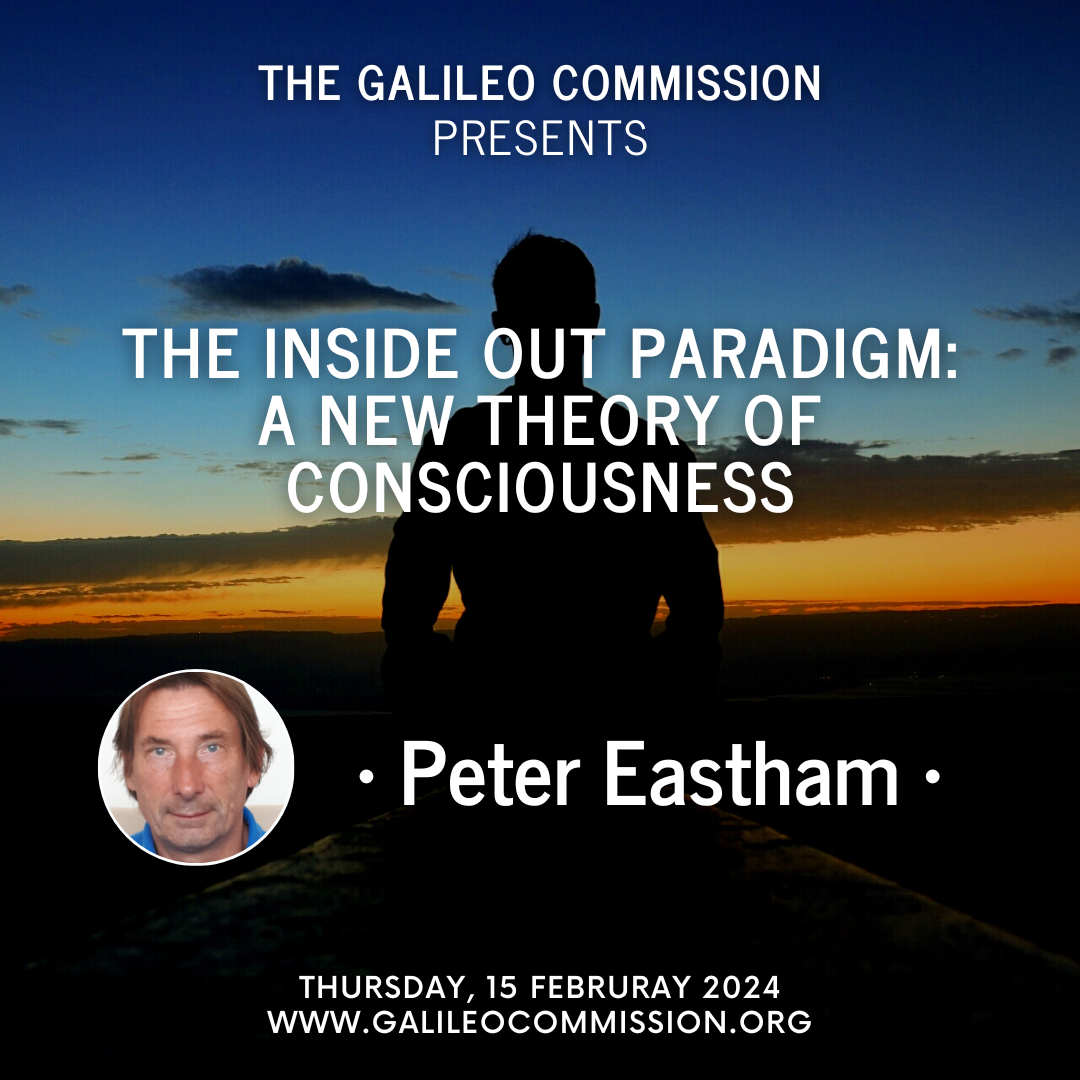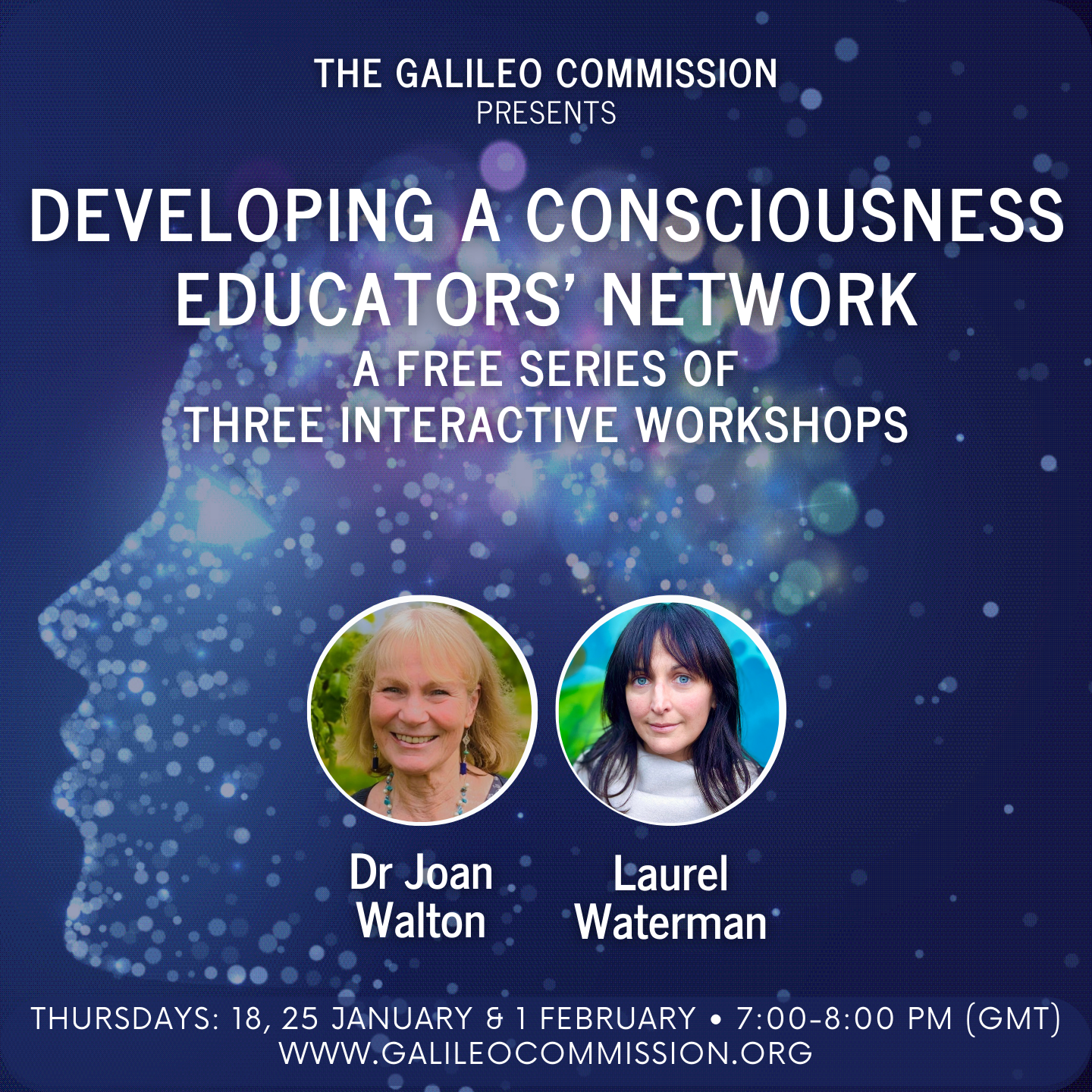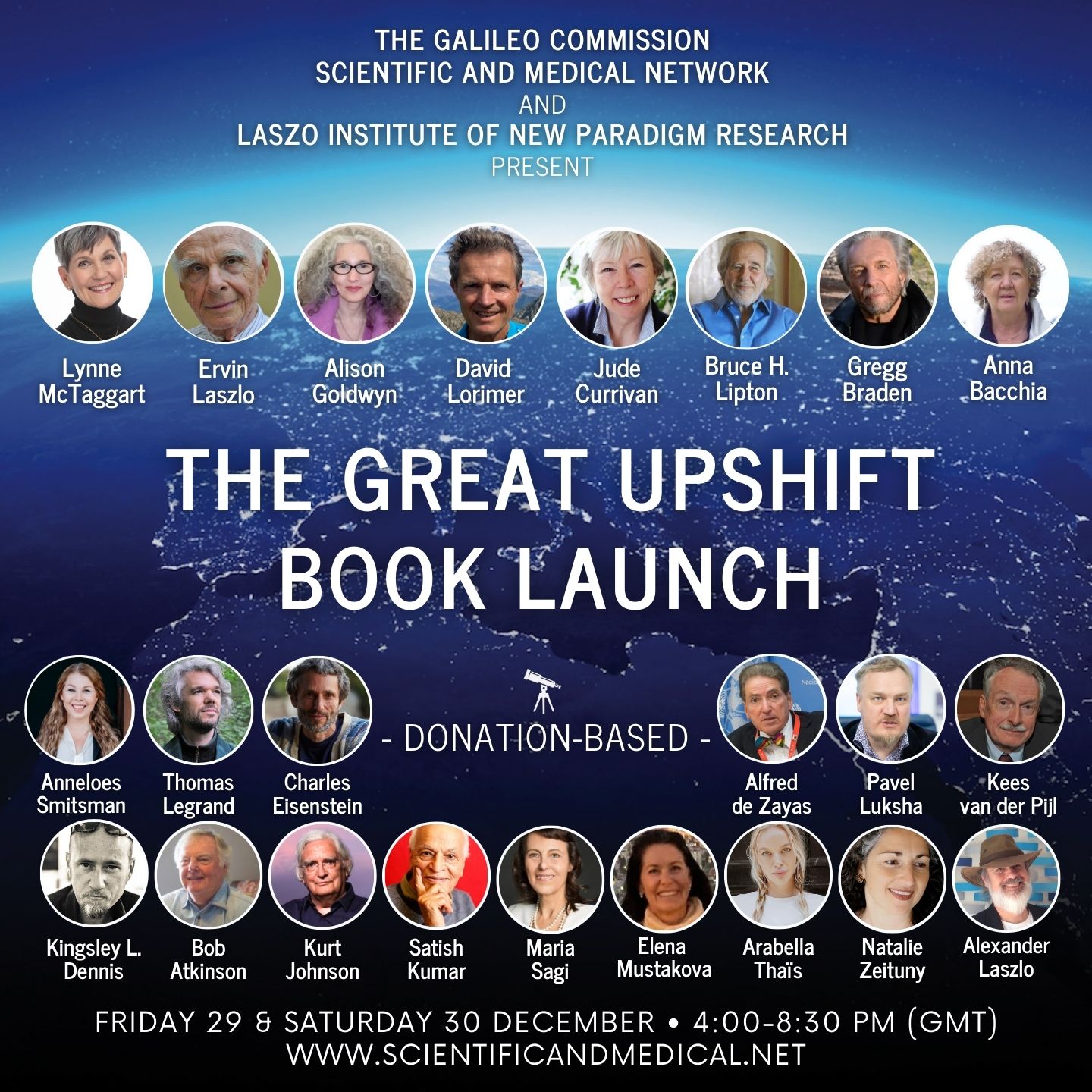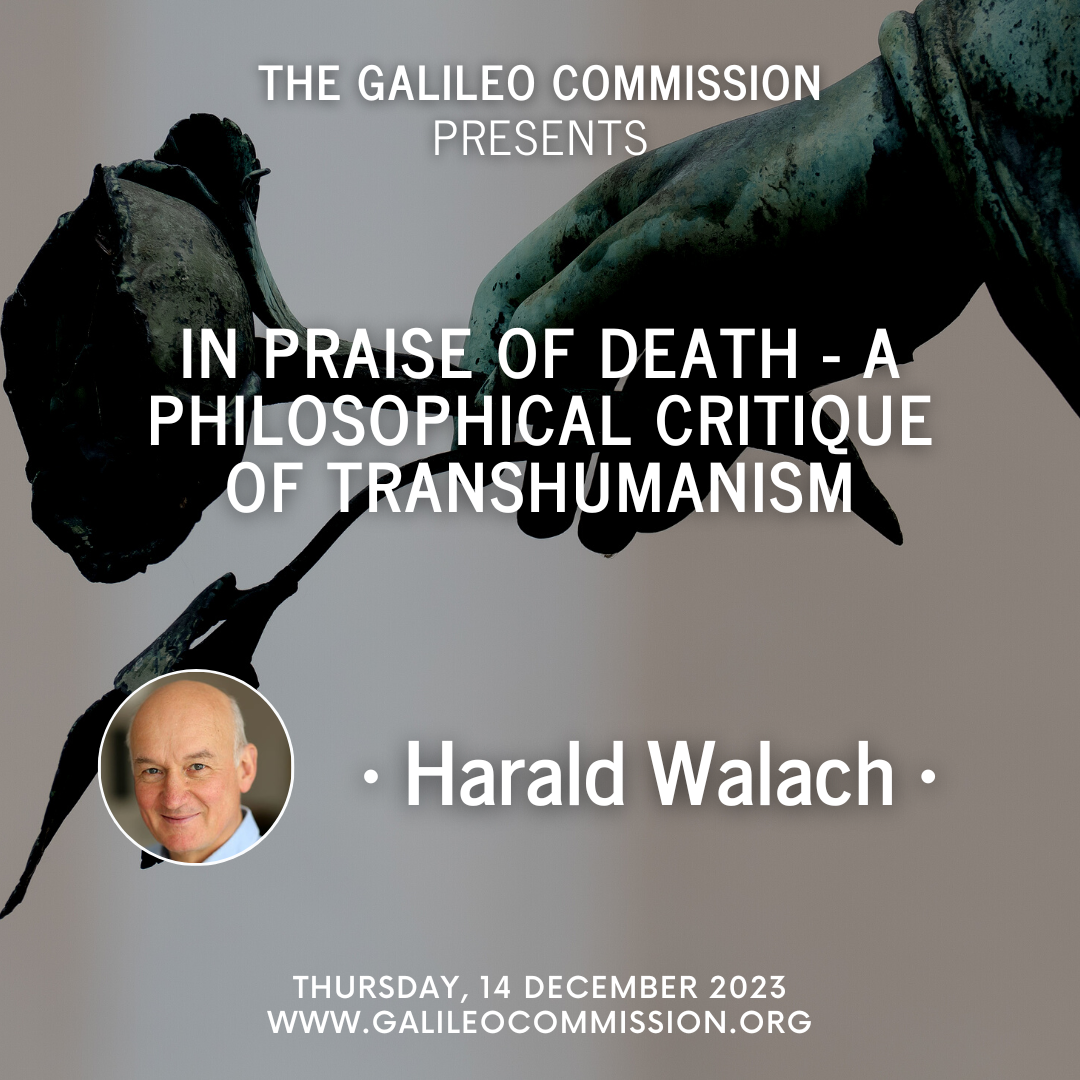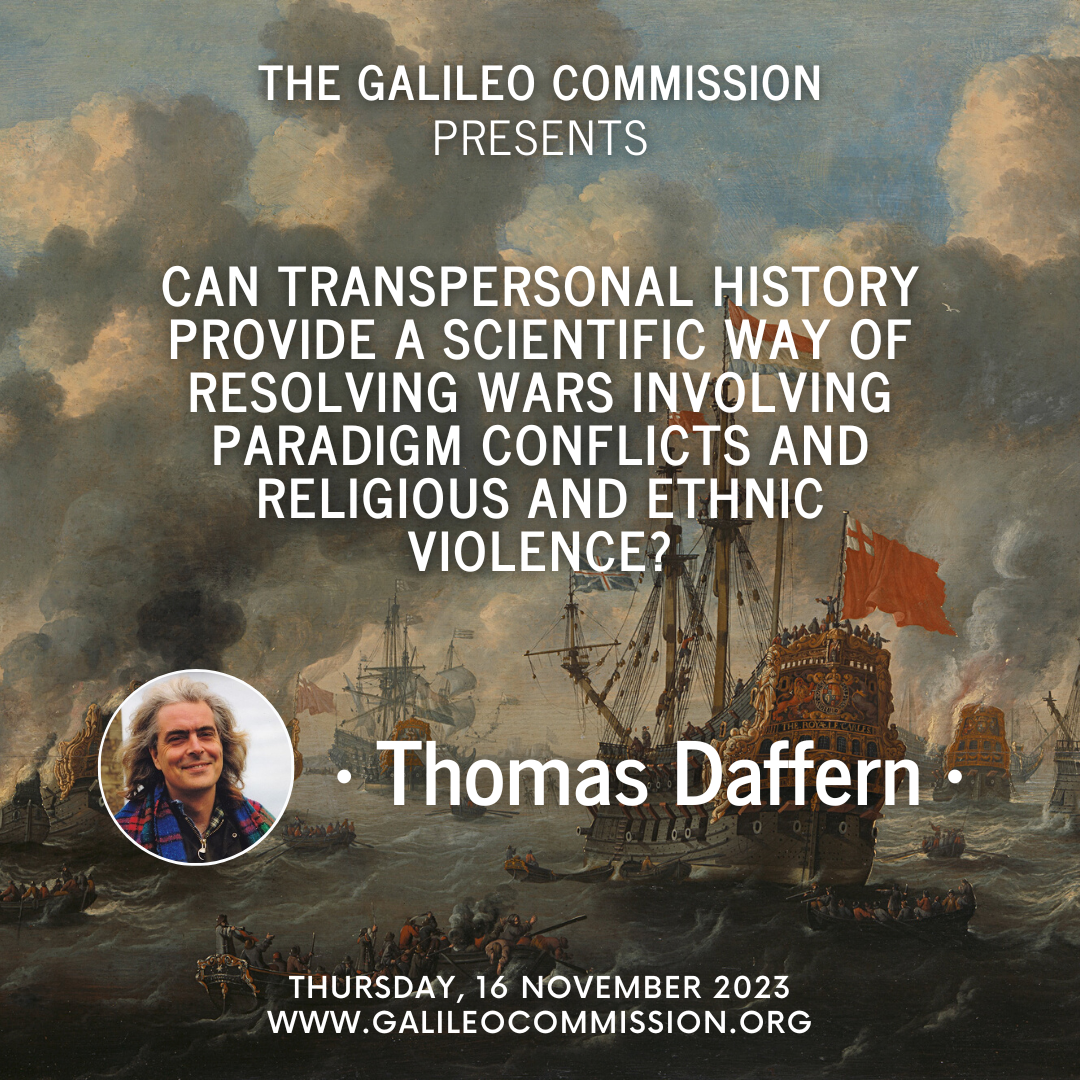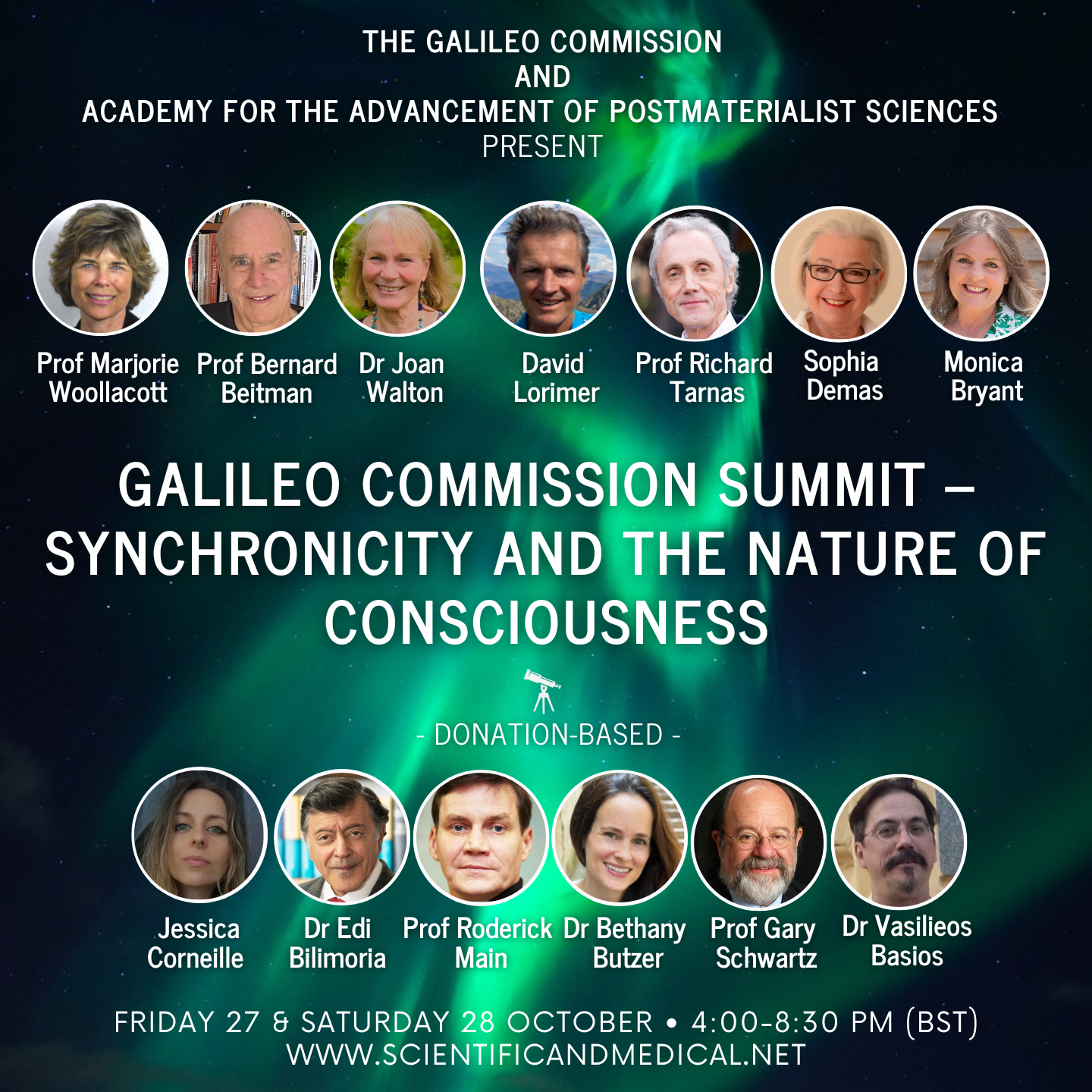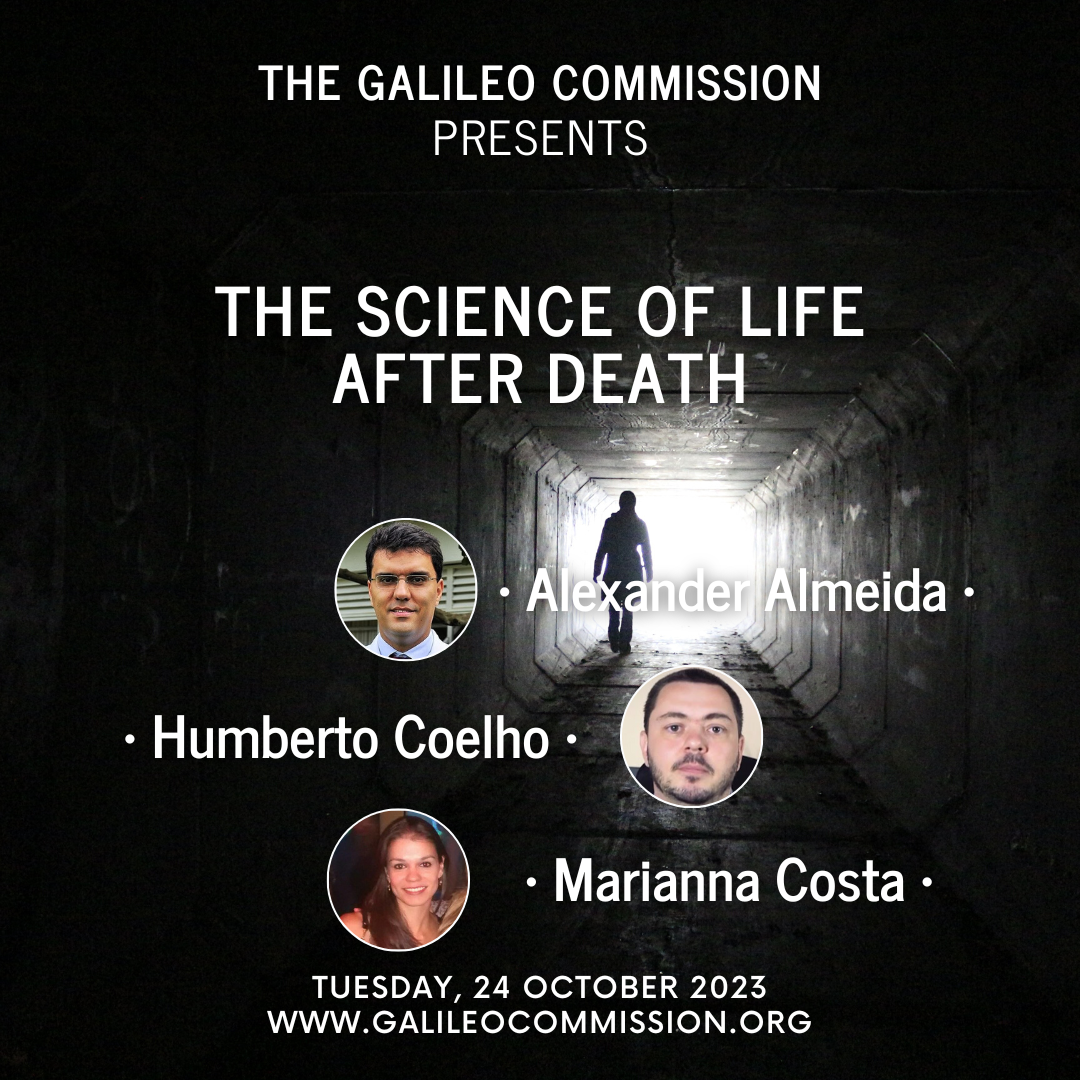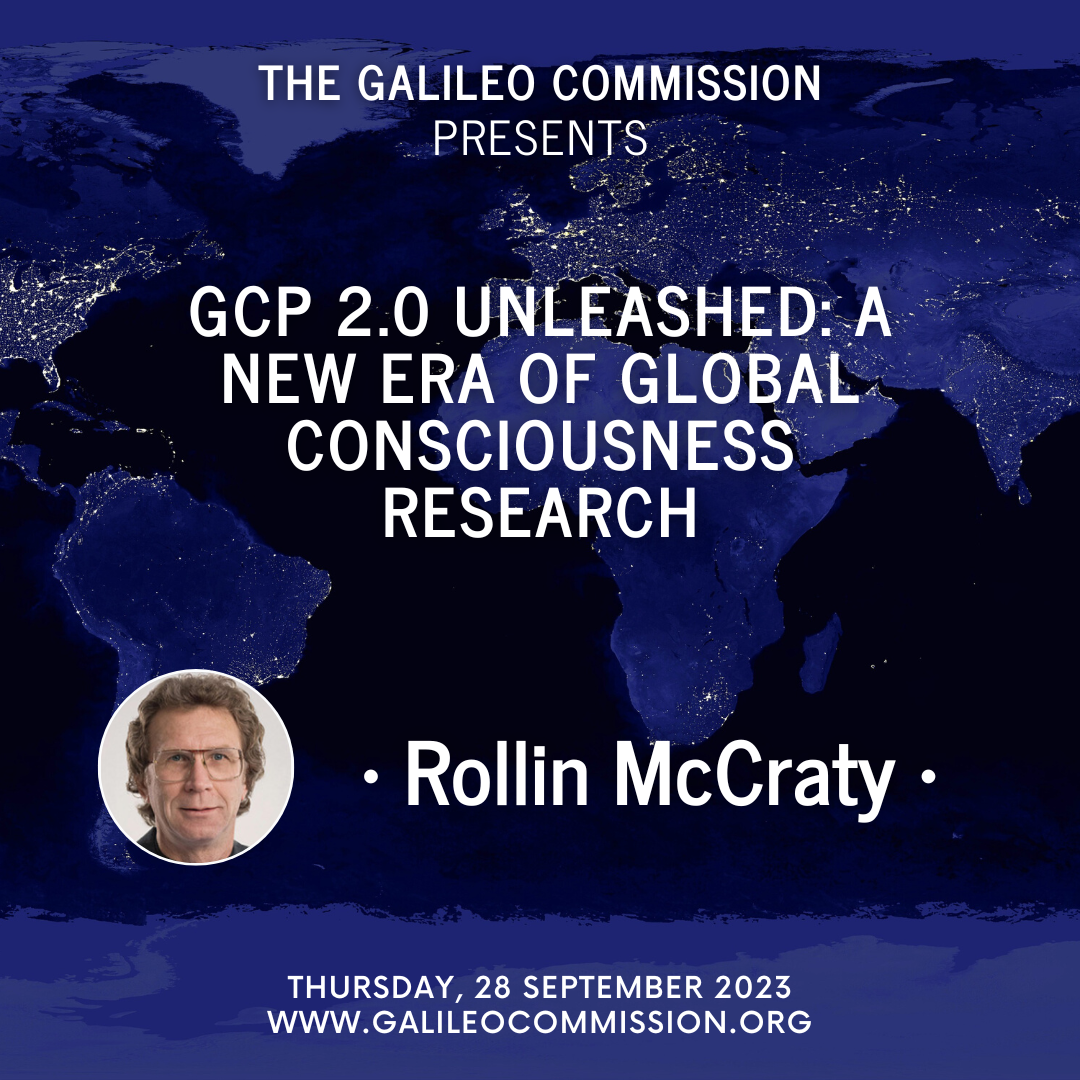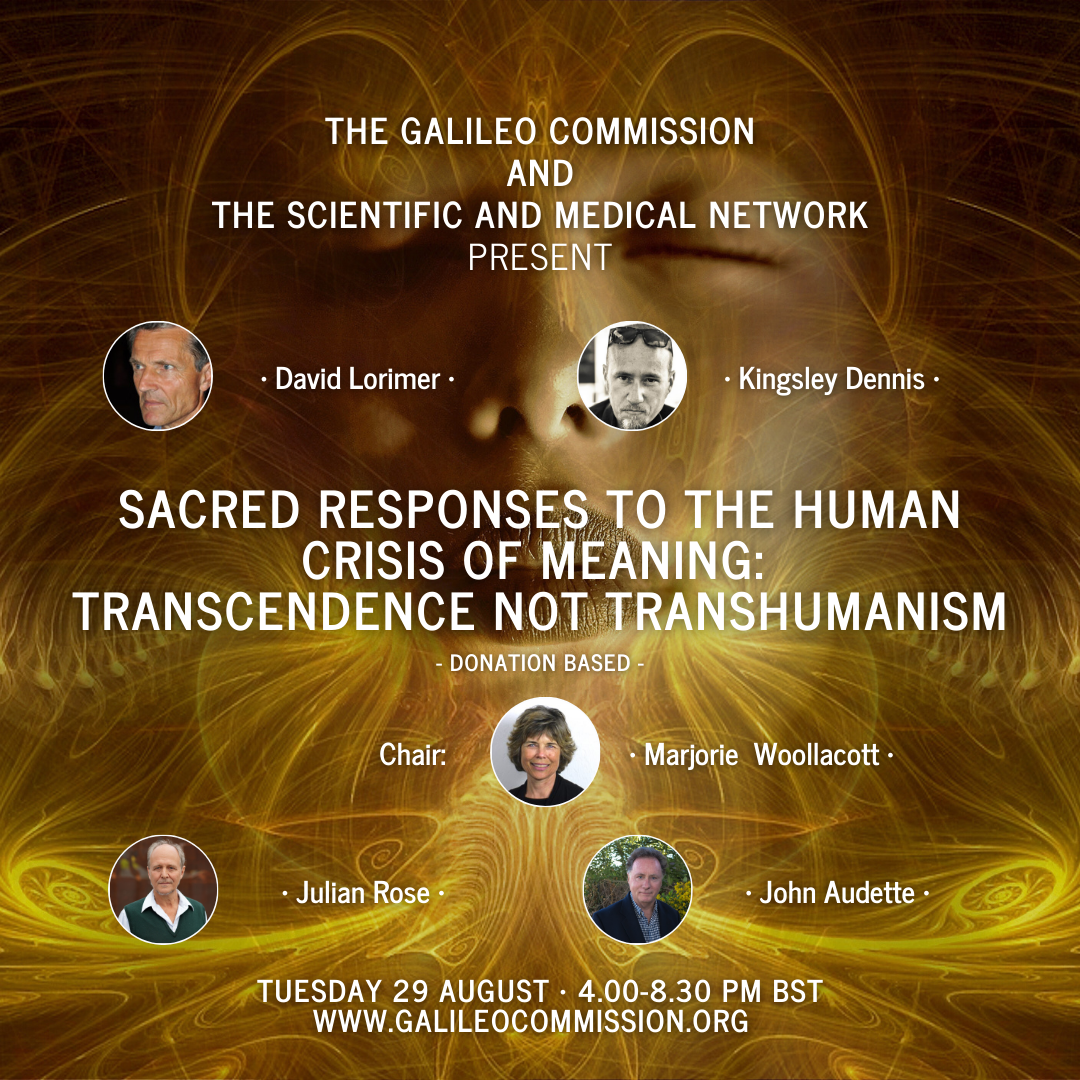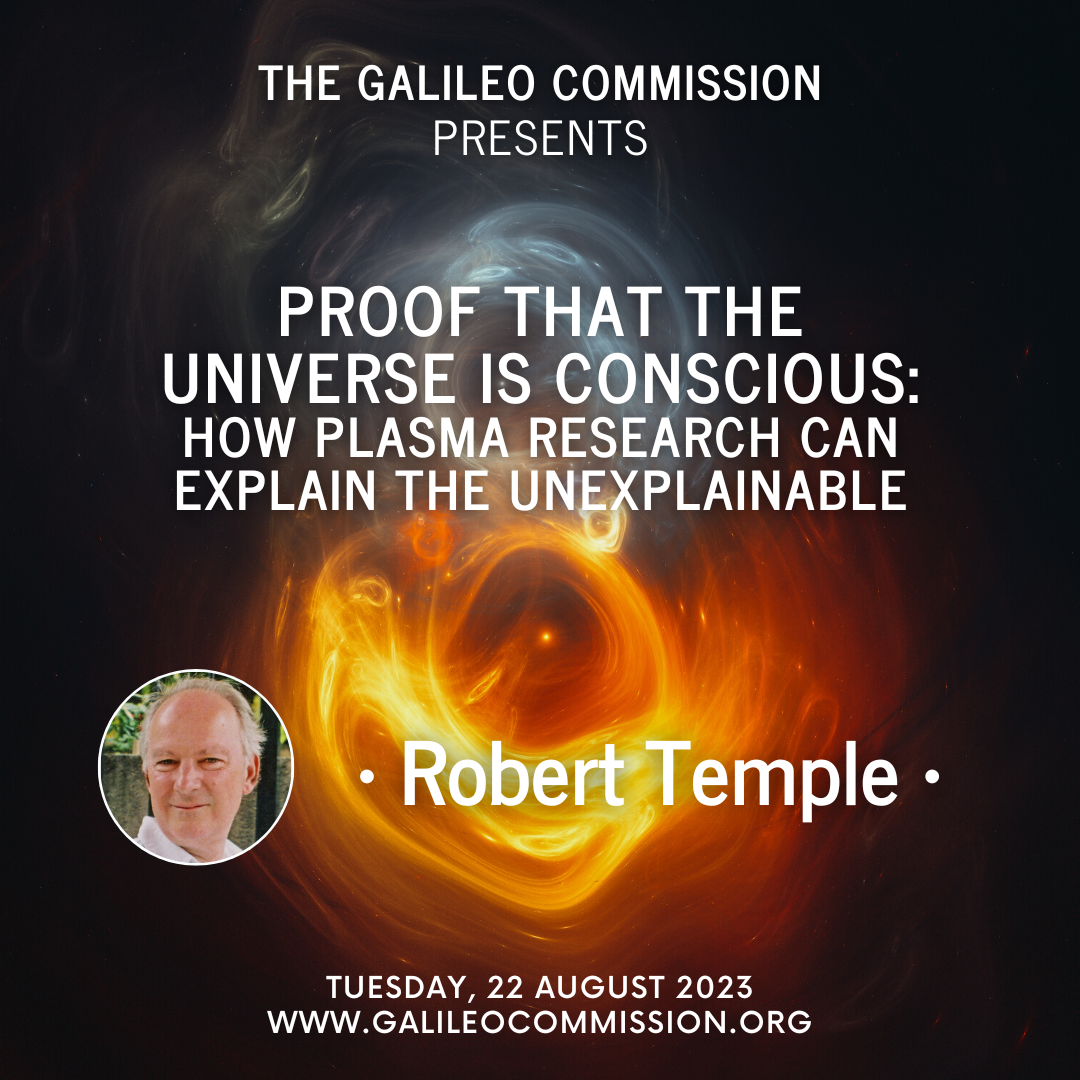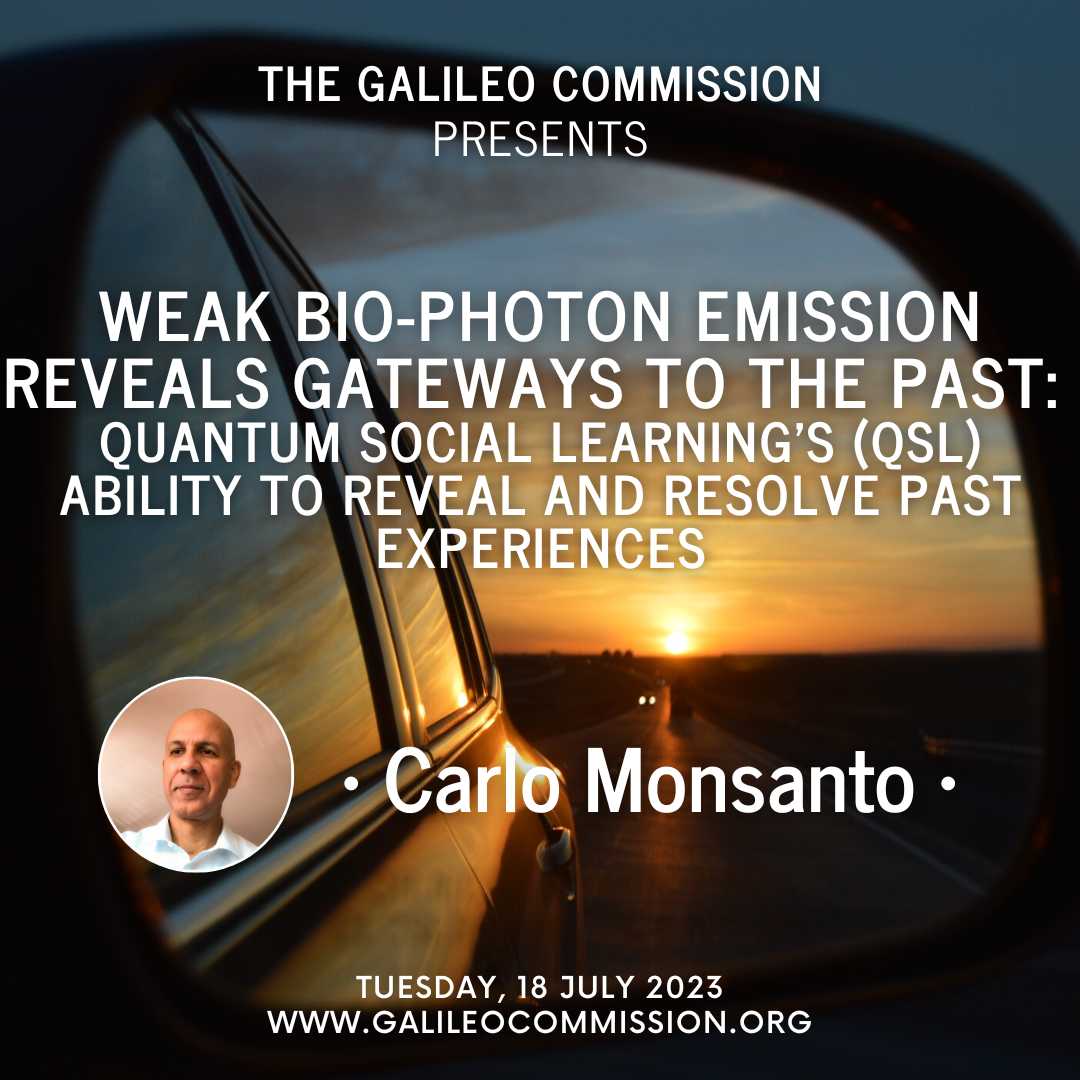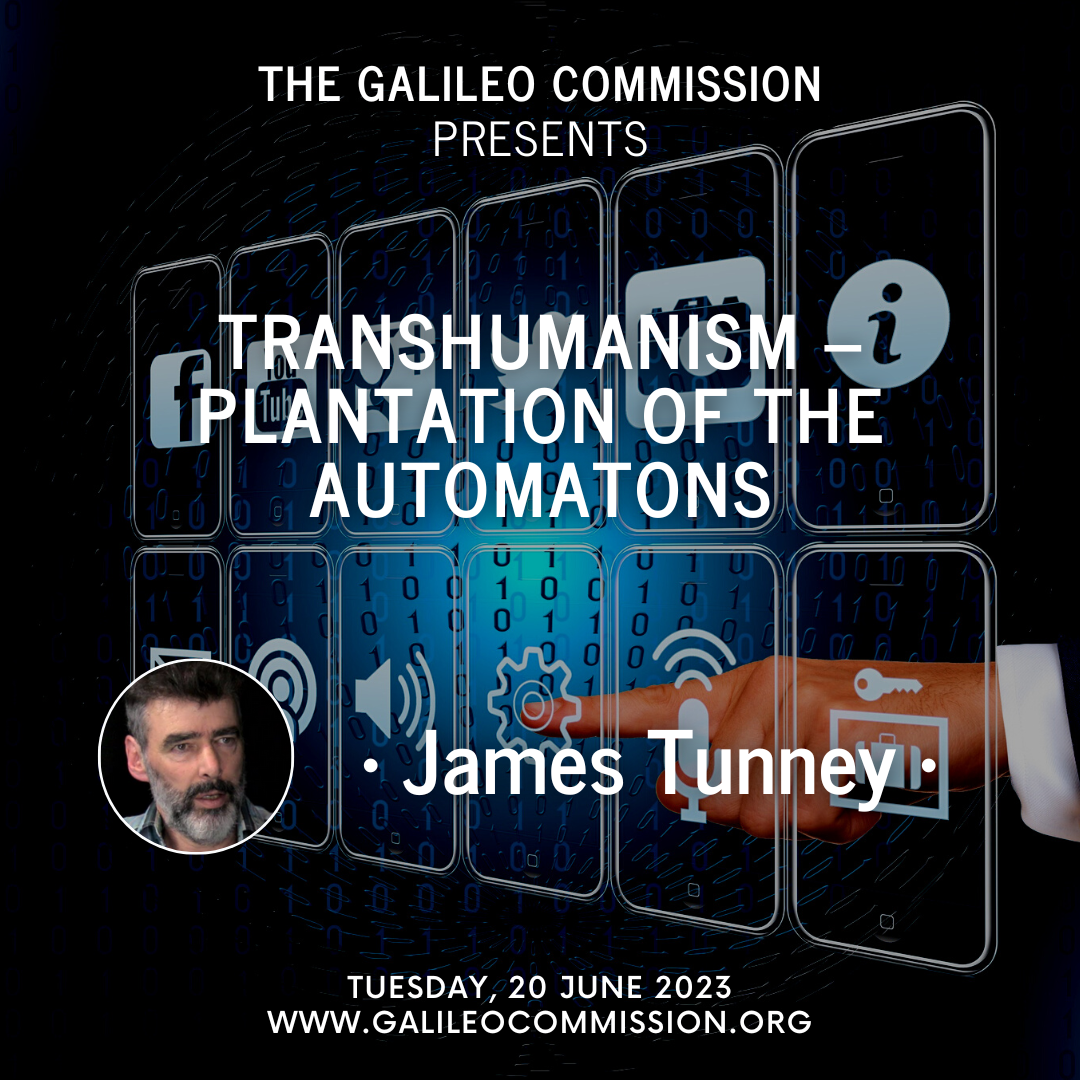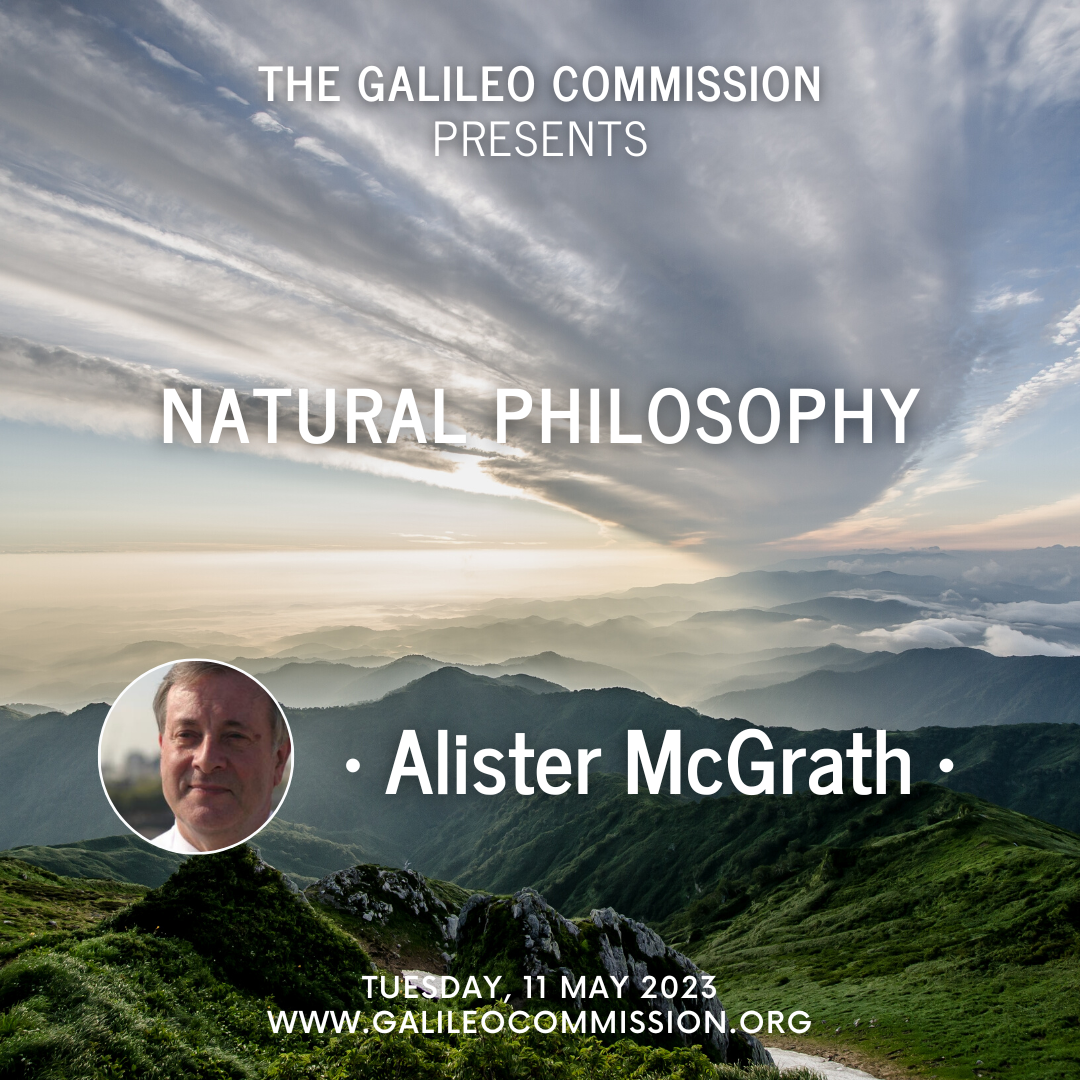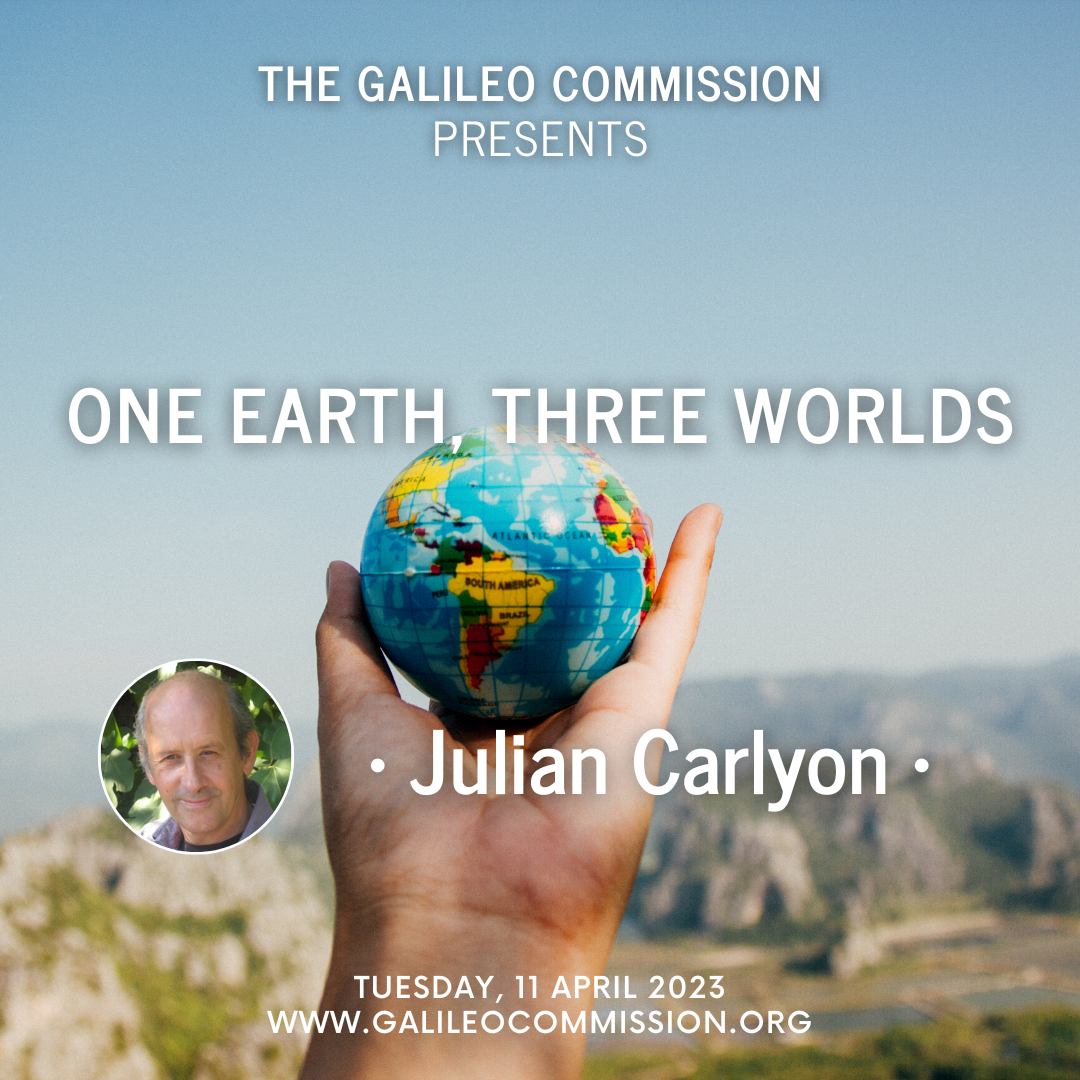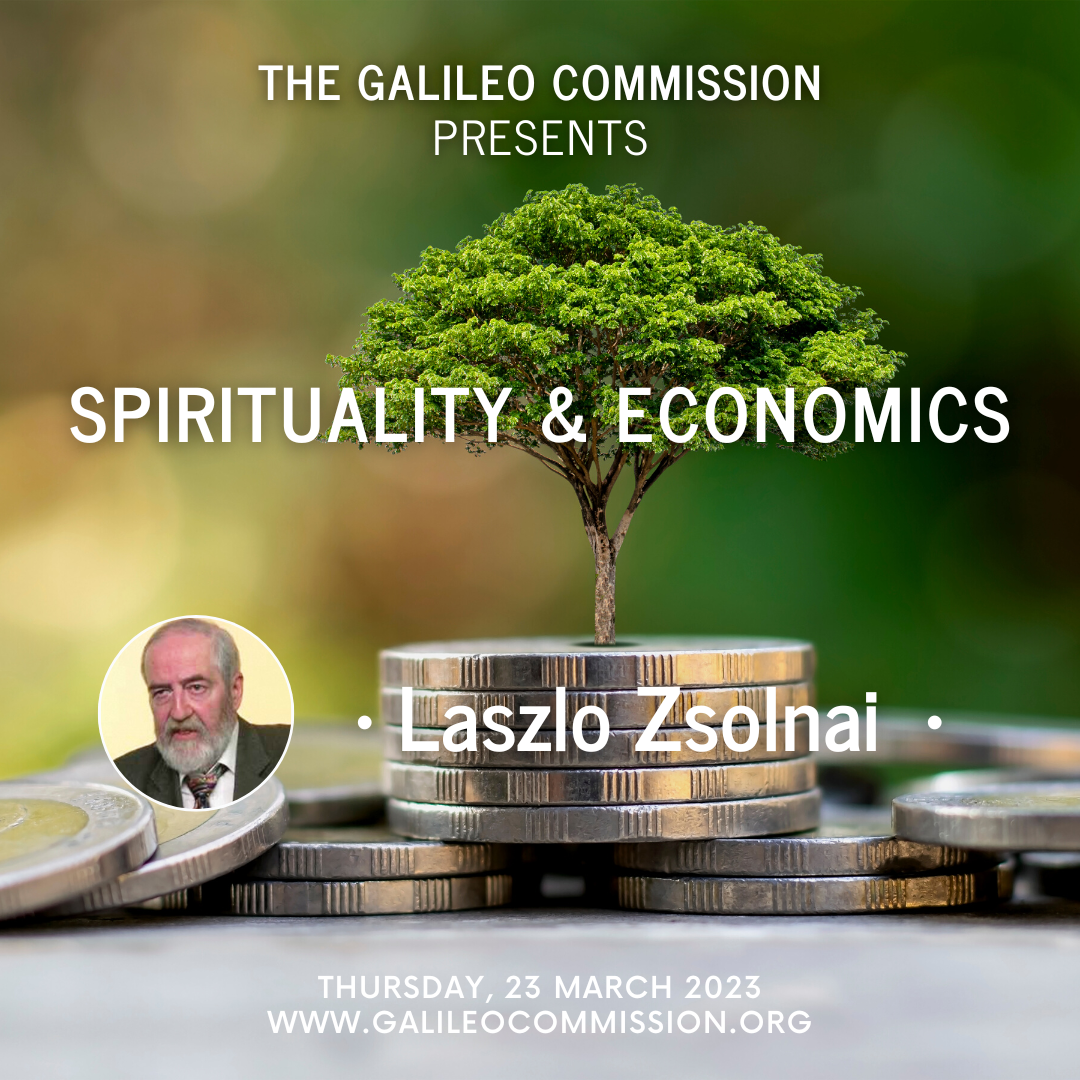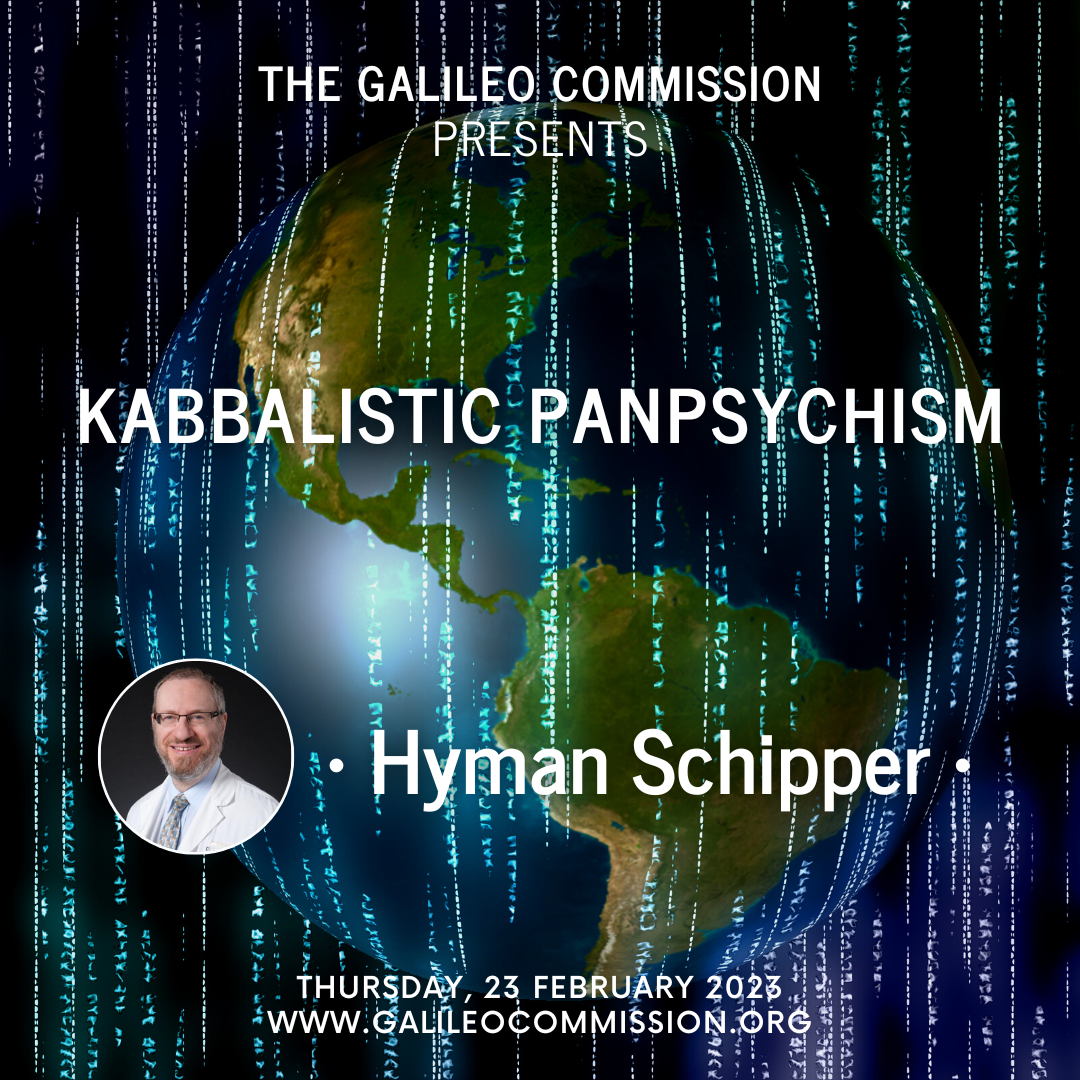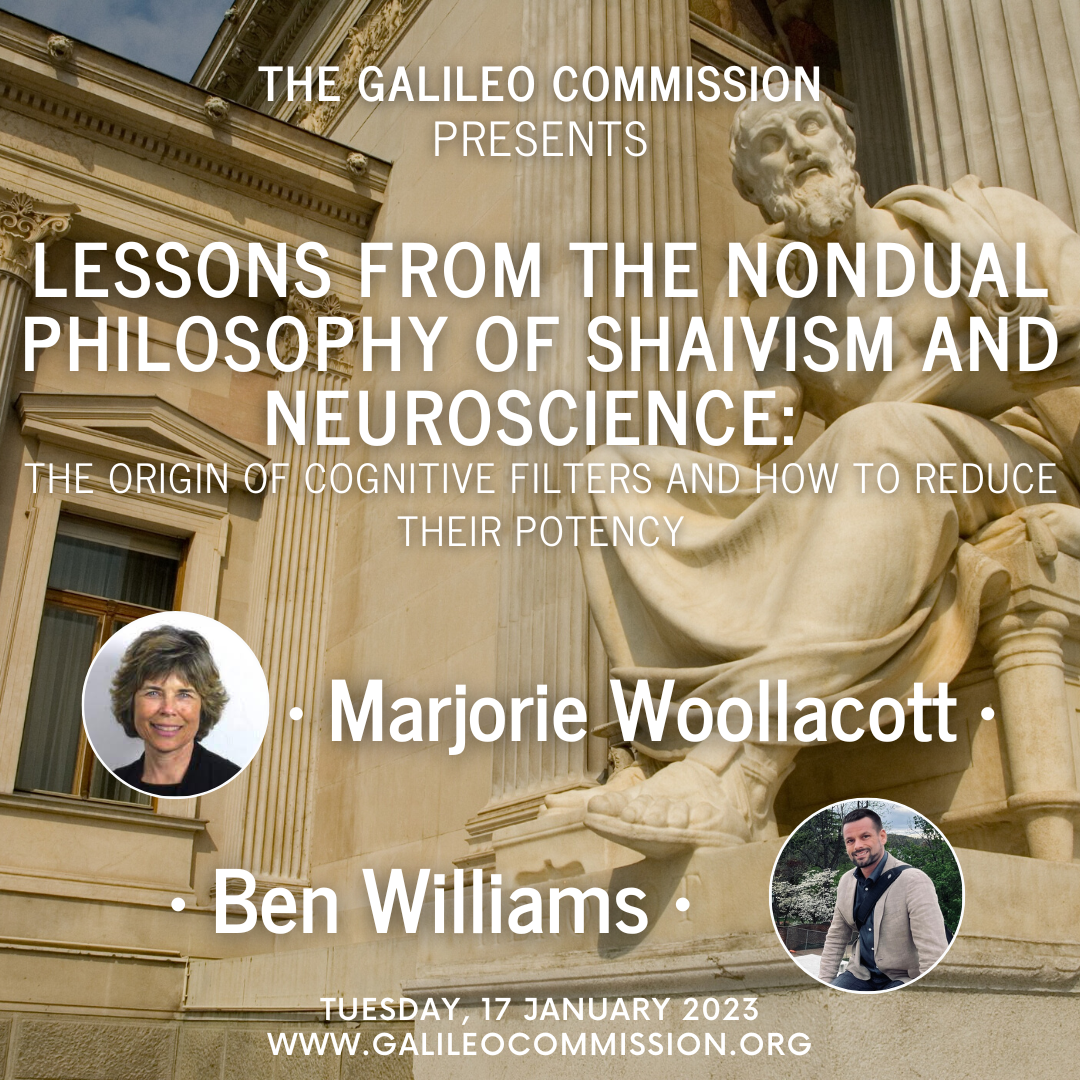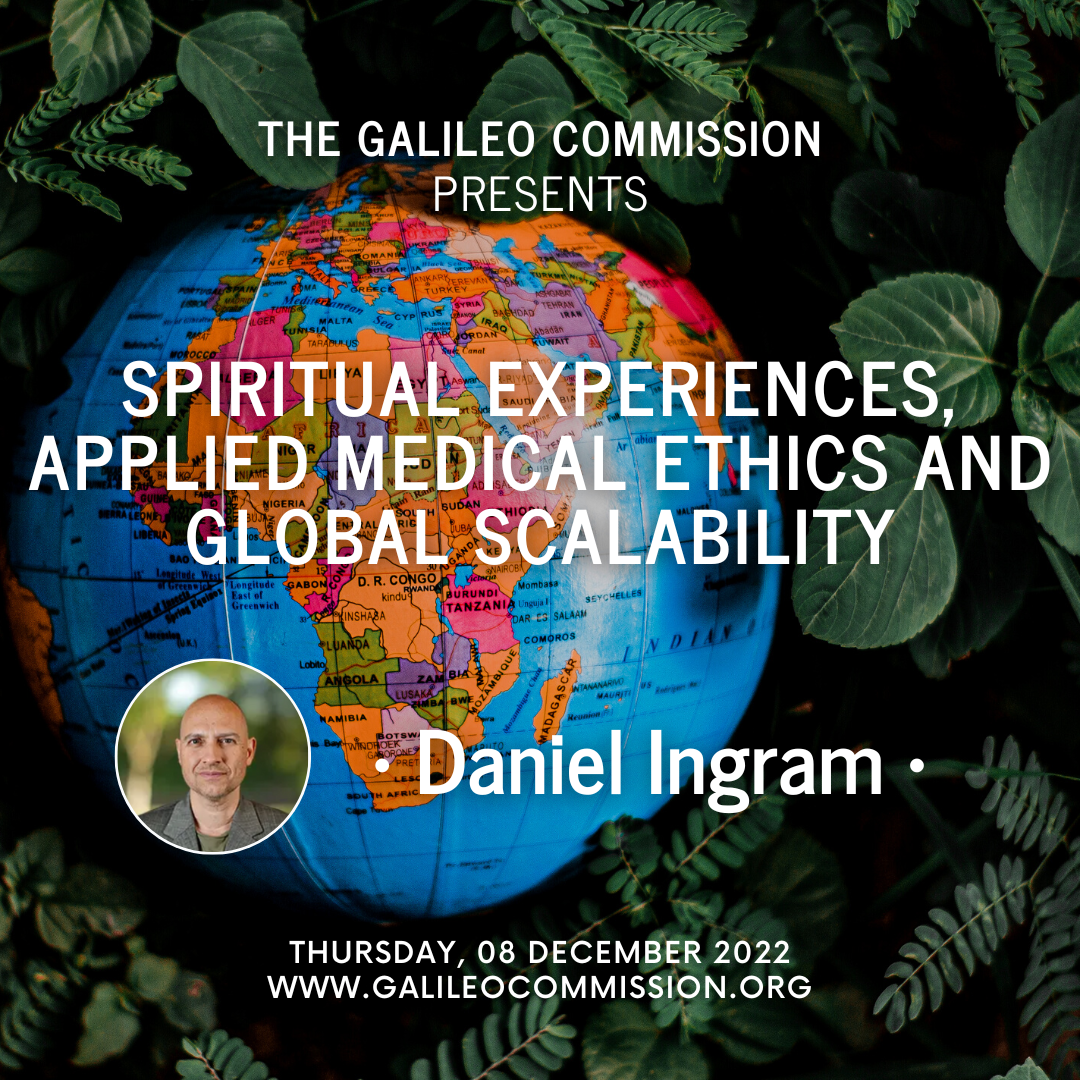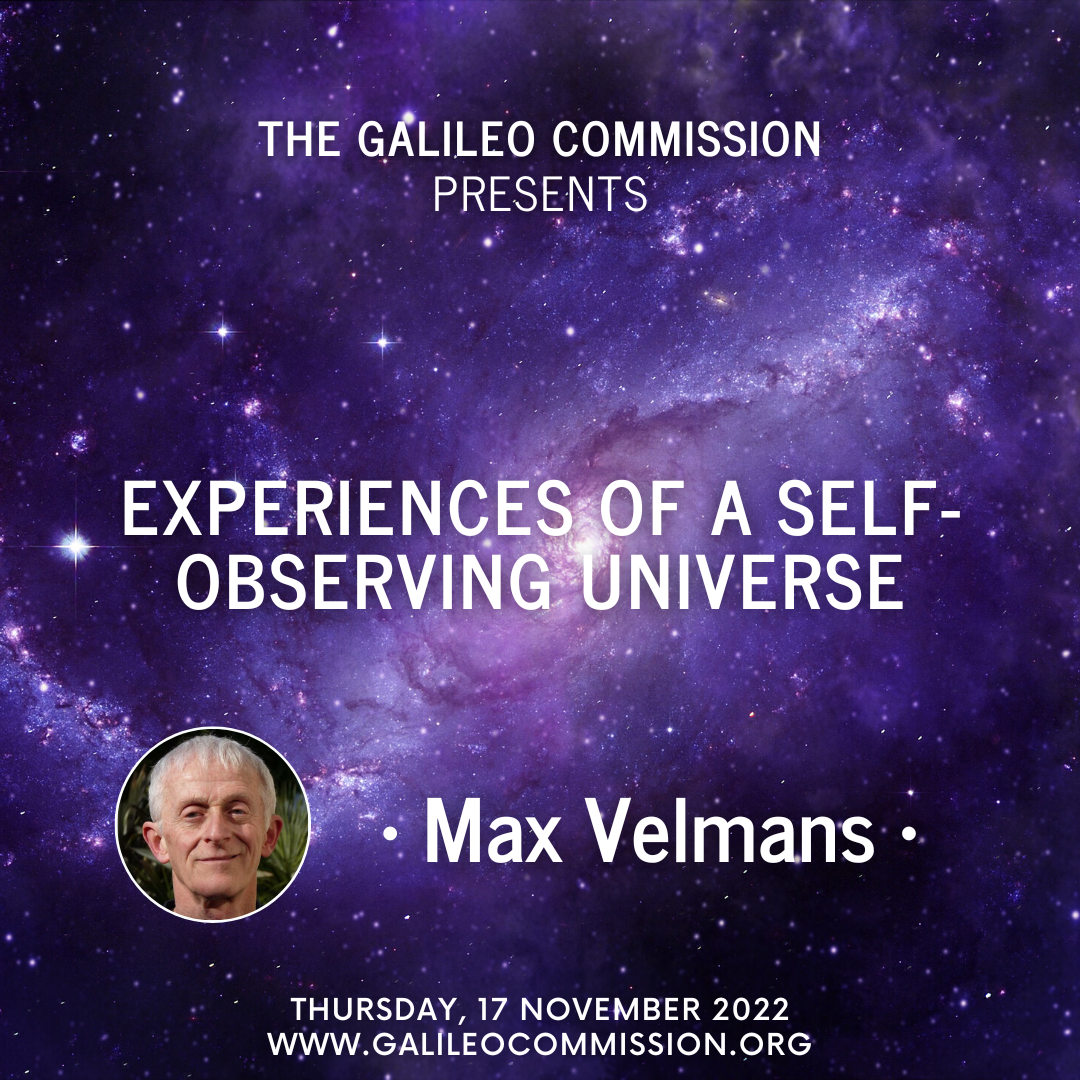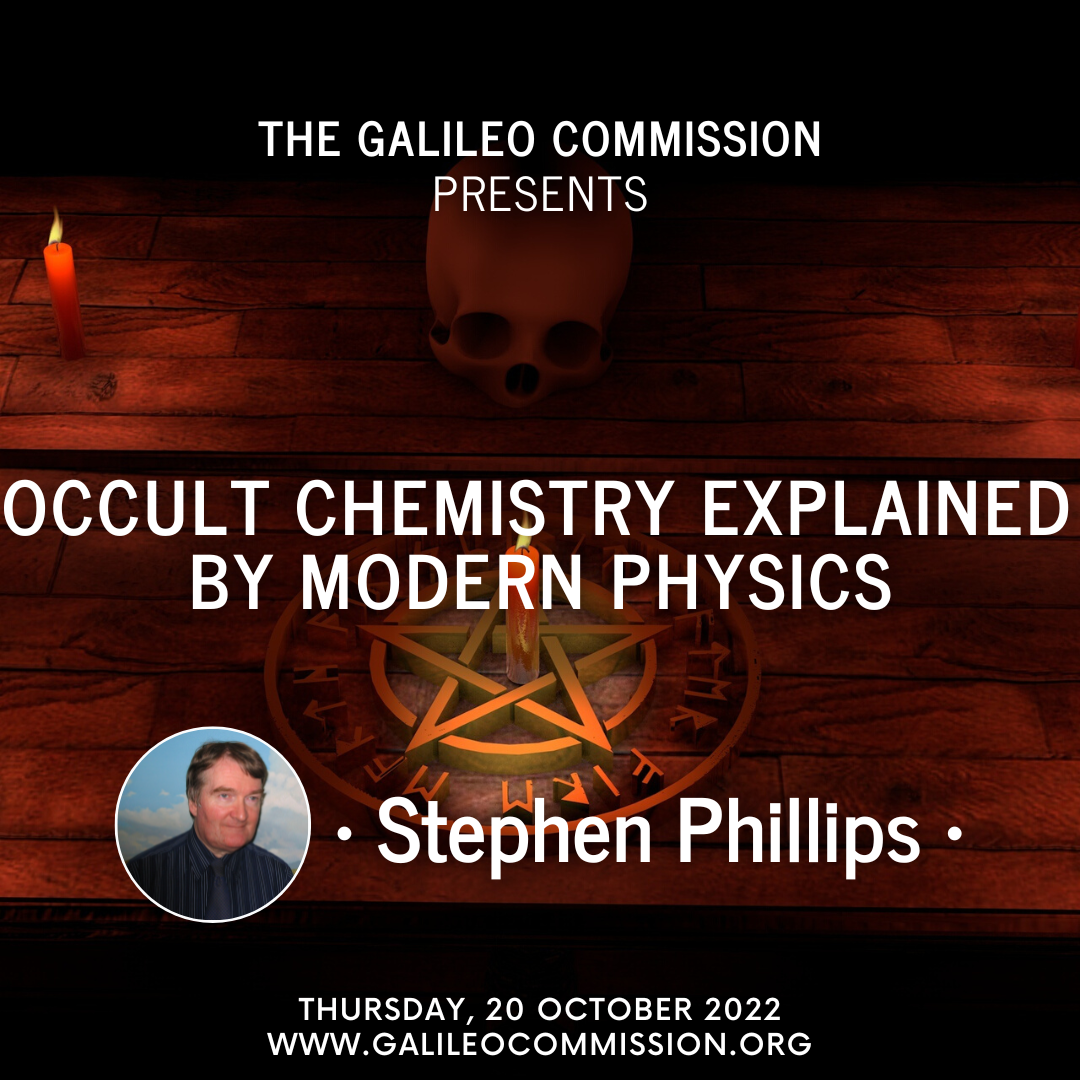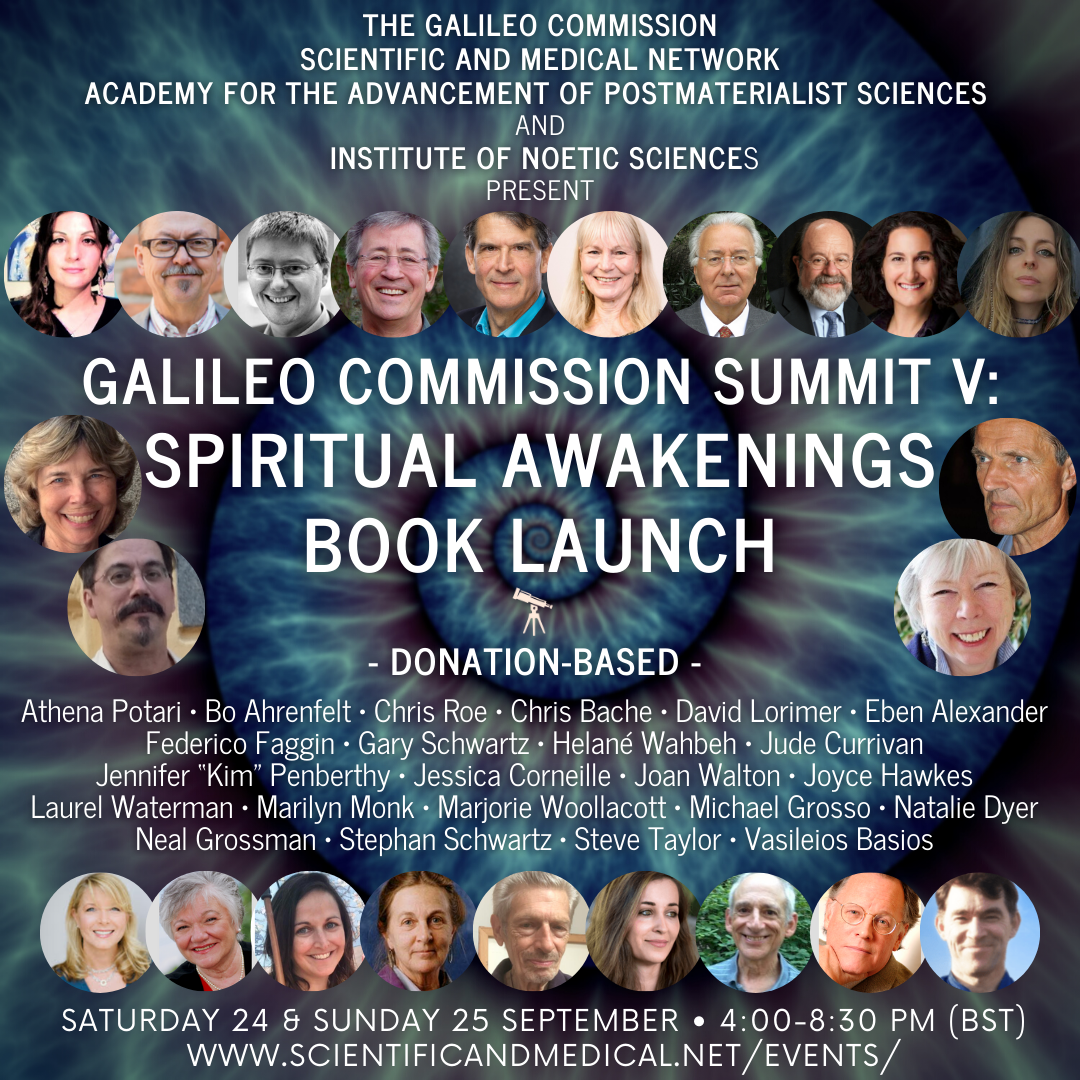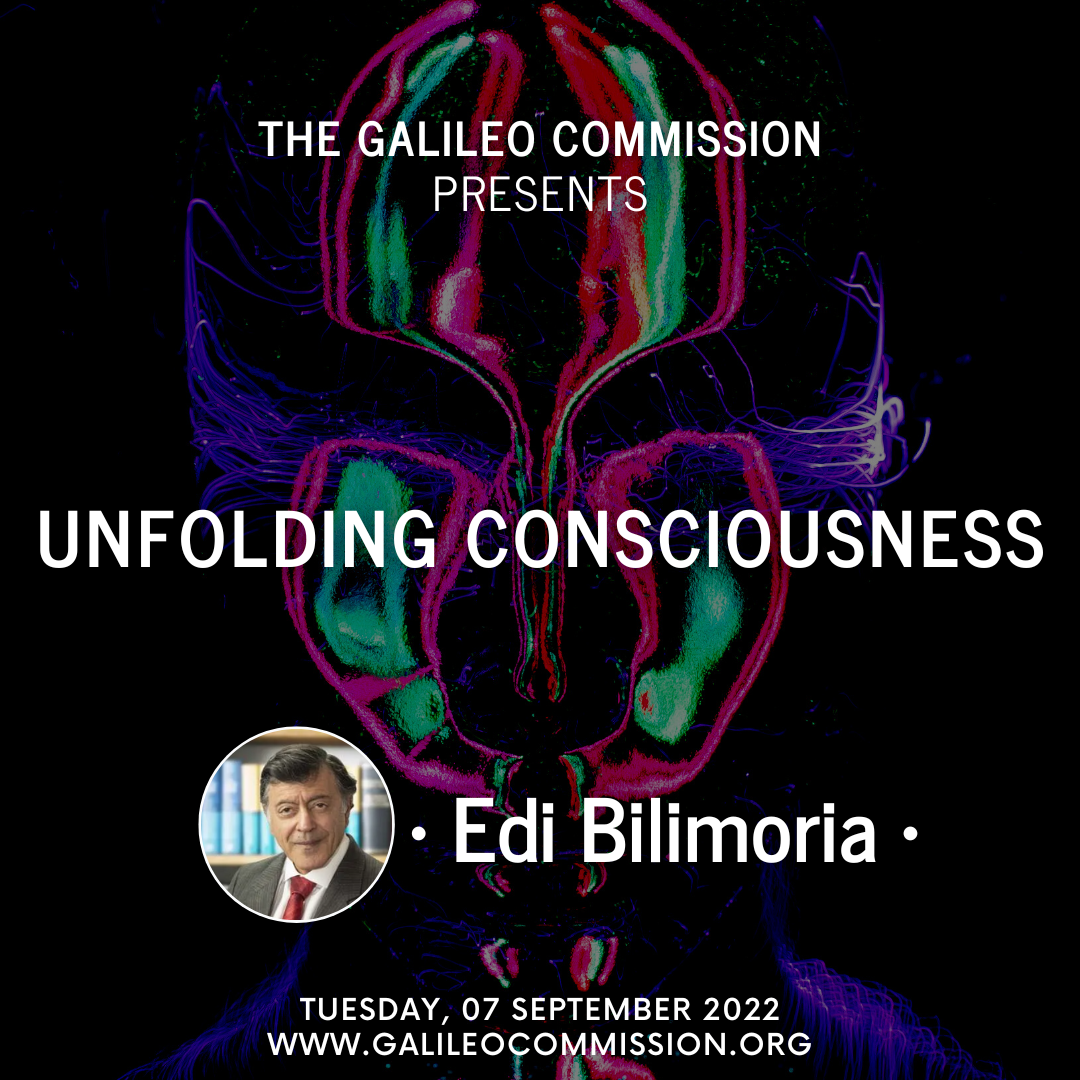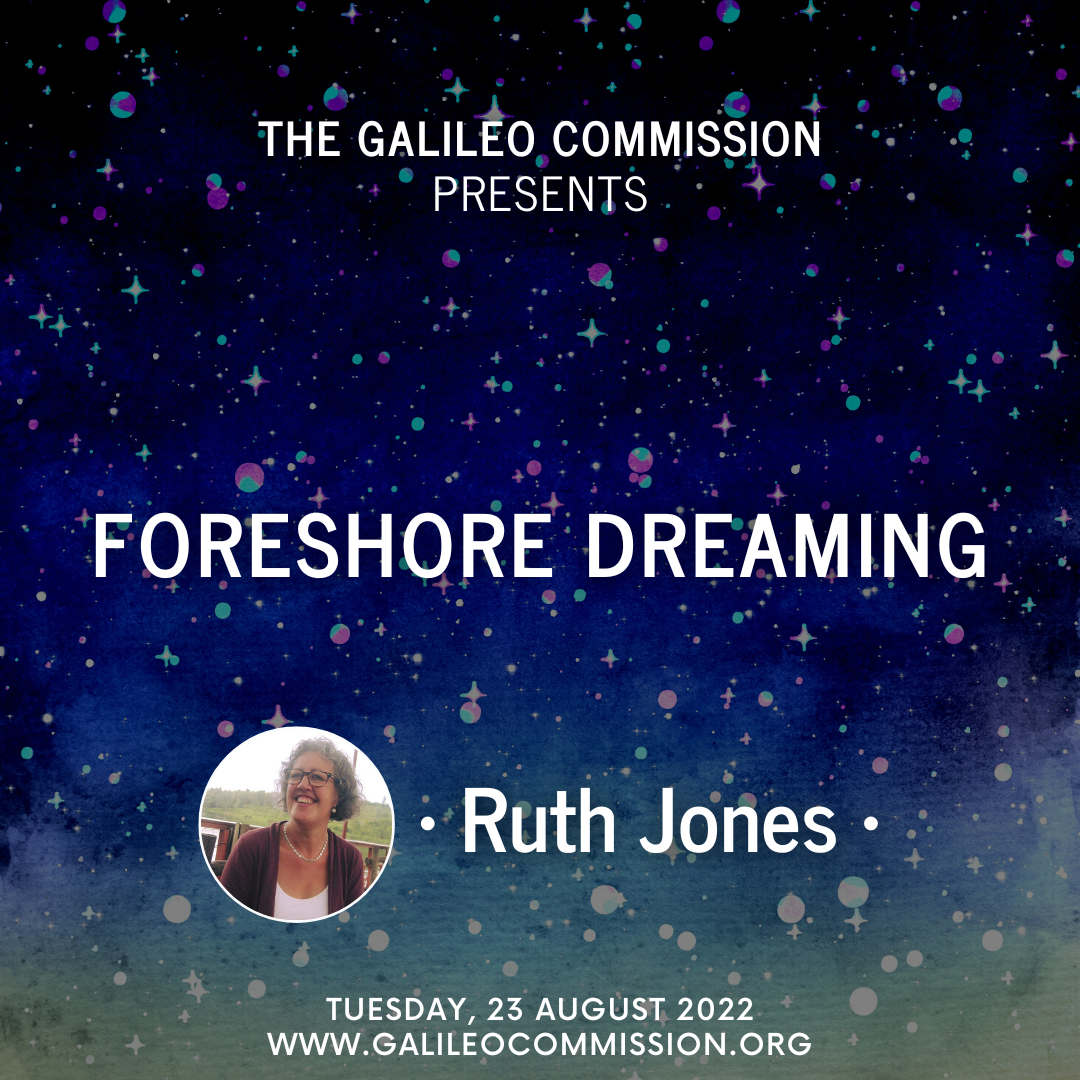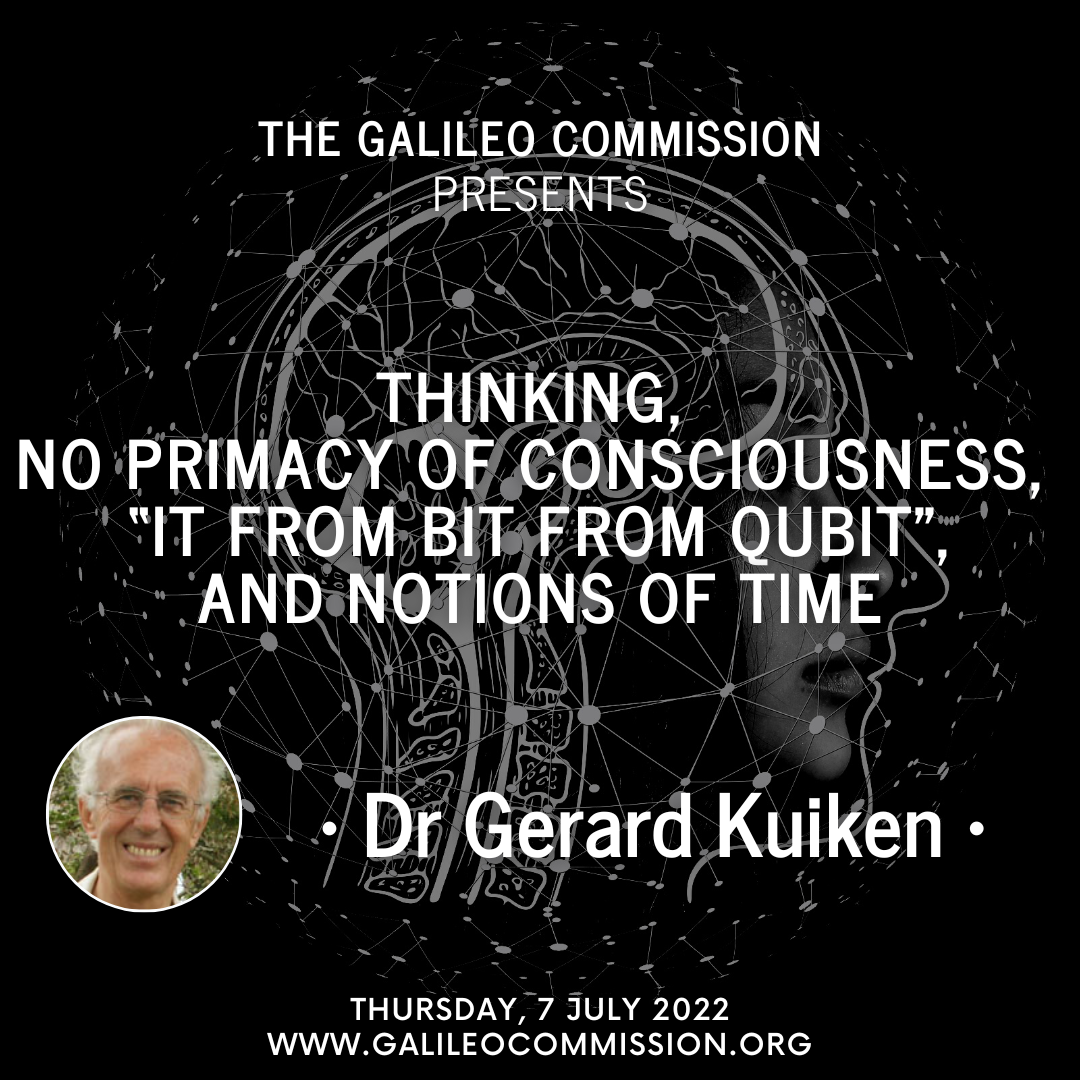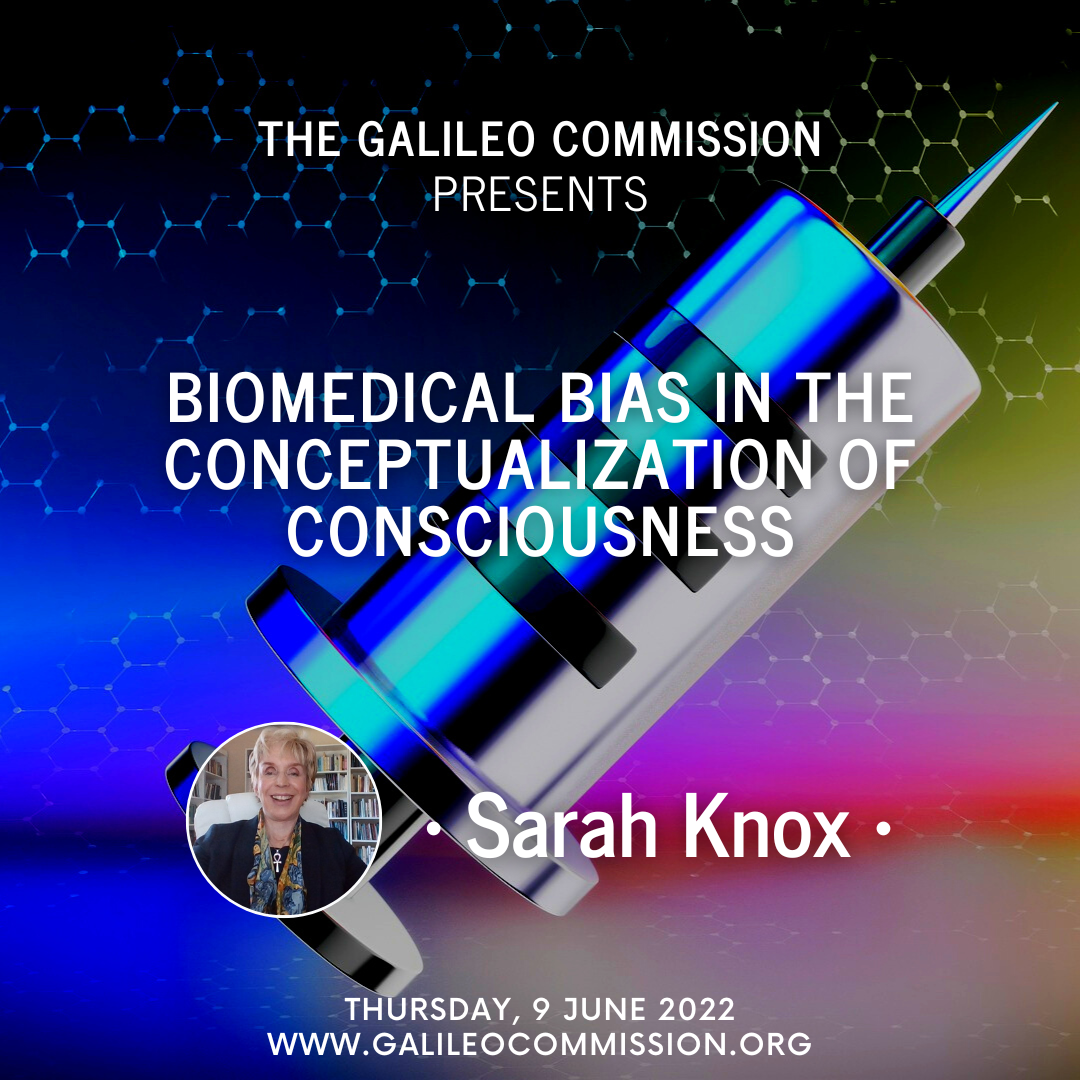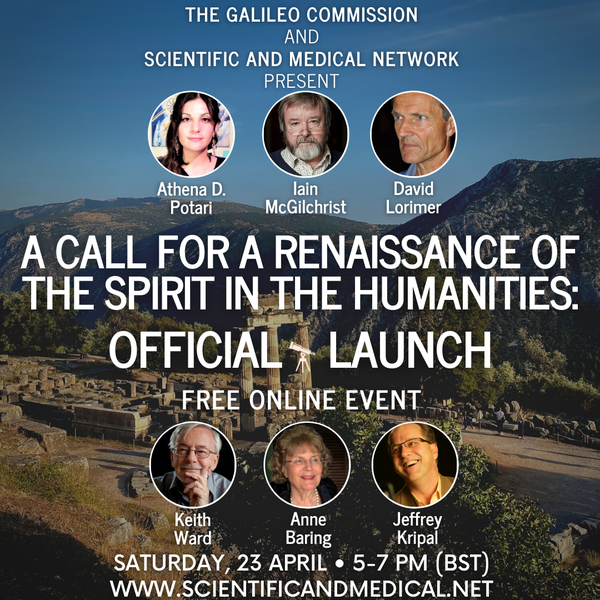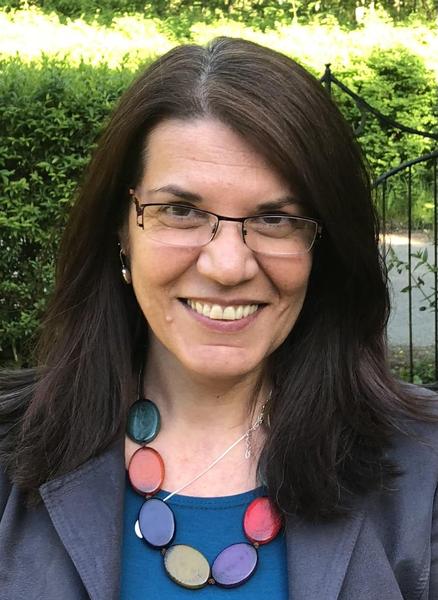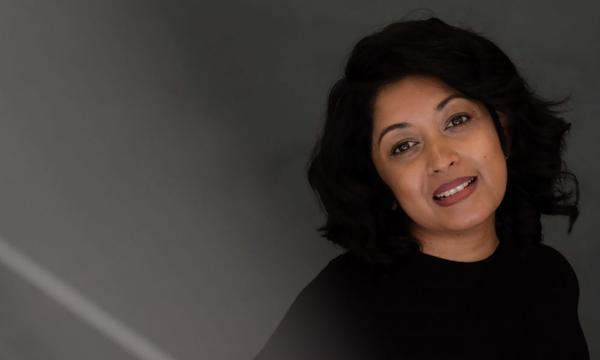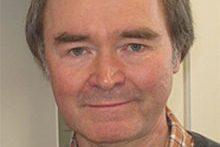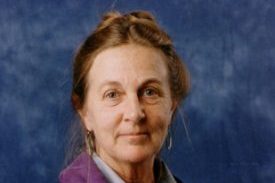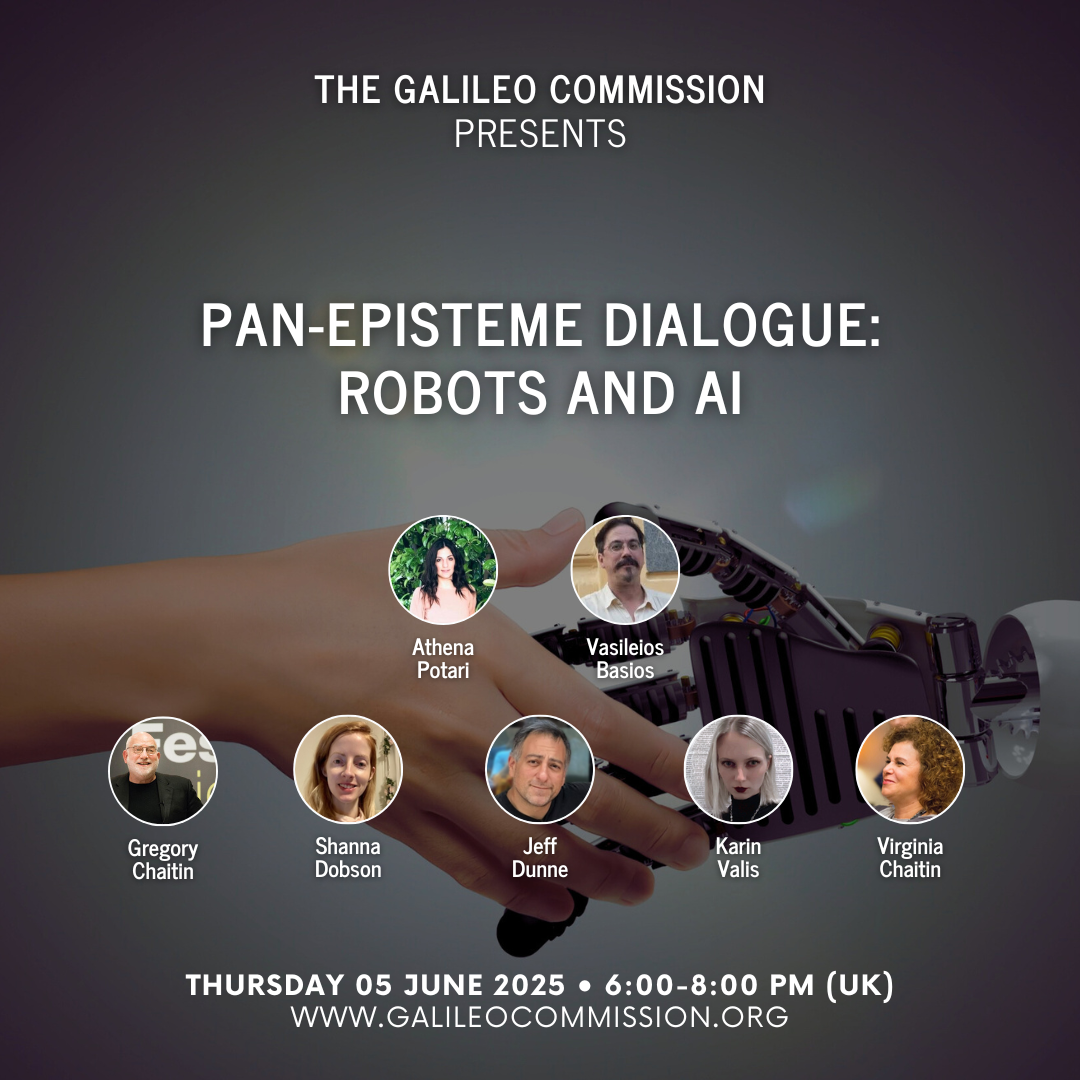What governs the Brain? Is Neuroscience Immersive for Consciousness? – A.K. Mukhopadhyay
The paper develops a new road map along the axiology of consciousness-cognition-behavior for investigating brain-consciousness relationship, where the brain operates as natural, formal, informational (codal), live, and conscious system to make the unknown imaginable, imagined intelligible, intelligible possible, possible verifiable, and verifiable verified. Consciousness, on the other hand, as a non-observable and influential, supports the brain’s reflex activities, upholds habituated acts, and participates in cognitive functions. Consciousness uses the brain to make its political statements by asserting its “will”/“won’t”, in developing multisystem concurrence, creativity, and exhibiting holonomic group behavior, and leadership.
Non-Polluting Soundless Energy Ecosystem of a Cell – A.K. Mukhopadhyay
A biological cell is drowned in the environmental energy ecosystem, which consists of matter-sourced conventional energy, information-sourced dark energy, and consciousness-sourced subtle energy. The stupendous work a cell does in its Gene machinery and the Protein factory using dark and subtle energy silently, without creating any pollution of the environment is remarkable in this respect. From the insights of cell biology highlighted in this paper, it seems there is a lot to learn from a cell to have a clean green energy ecosystem for humanity in this material world of machines.
Romance to Exemplary Wedding. Conscious Humanity loves Humanized AI – A.K. Mukhopadhyay
Artificial device of intelligence, in spite of being an example of the wedding of a good science with good technology is in controversy because its modus operandi of industrialization and growth is not in consonance with a strong emerging Worldview that encompasses Science, Humanity and Spirit (consciousness). This paper shows technological directions how their wedding could be made not merely adorable but exemplary. Making an objective psychology, exploration of other information states beside signal, investigating the possibilities of harnessing dark energy, hybridization with biological materials and organelles, and use of emerging neutrino technology are five approaches discussed in the paper. The paper concludes with a long journey ahead.
The Full Extent – An Inquiry into Reality and Destiny – Richard Botelho
"The Full Extent by Richard Botelho is academically impeccable in its presentation, organization, summarization, and attributions to historical predecessors….a groundbreaking and profoundly intelligent work."
Deep Reality – Matzke & Tiller
The deep reality explored by this book combines these two ideas (QC + AI) in a conversational style between two world renowned PhD scientists. We propose that our quantum minds exist independently of and interact with our individual brains. We support this model by reviewing the research where people have directly interacted with other quantum and probabilistic systems.
The Feeling of Life Itself – Christof Koch
I published a large book on consciousness, with a strikingly similar title. Consequently, and perhaps inevitably, this review will consist of a ‘compare-and-contrast’ analysis of our respective positions on this subject. We both put forward a theory as to where consciousness comes from; Koch’s is called Integrated Information Theory (IIT), mine is grounded in Process Philosophy (largely from the later work of A.N. Whitehead) combined with the ontological implications of quantum mechanics.
Psychosynthesis and the Alexander Technique – Marilyn Monk
Our goal then is to drop goals beyond our reach and to live fully in the moment, fully accepting and loving our unique selves. We must let go of the wrong-doing of striving to superimpose some projection we have of who we might be. Paradoxically, coming back to who we really are opens a greater potential for who we might be; but this is not a promise. We are simply in with a chance to receive a gift which may shine through when we get out of the way. This will not be something we have tried to achieve, but a gift that was ours from the beginning.
Stop Asking If the Universe Is a Computer Simulation – Simon Duan
The notion that we live as characters in someone else’s video game is irresistible to many, even
Quantum Panpsychism and the Light Bulb Metaphor – Emmanuel Ransford
This paper outlines an approach which casts new light on some unsolved issues surrounding mind and matter, like: What tells them apart? How do they communicate?... It argues, with a little help from quantum physics, that plain matter may be richer than what we are wont to believe. It assumes that consciousness is a nonmaterial content of the world and infers that the mind expands beyond the biological brain. It also suggests a new way to figure out what role the brain plays in conscious awareness, and it puts forward a fresh insight as regards the mind-body dialogue.
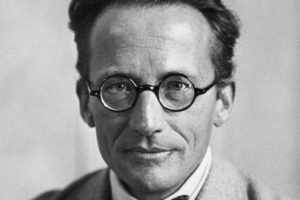
– Erwin Schrödinger
– Prof David Bohm
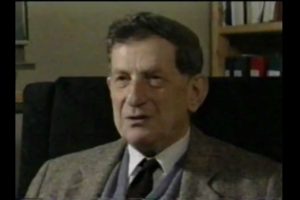
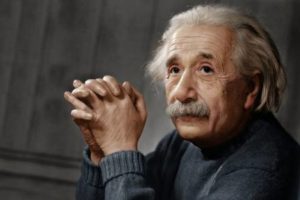
– Albert Einstein
Click on any event to view the recordings as well as event details

